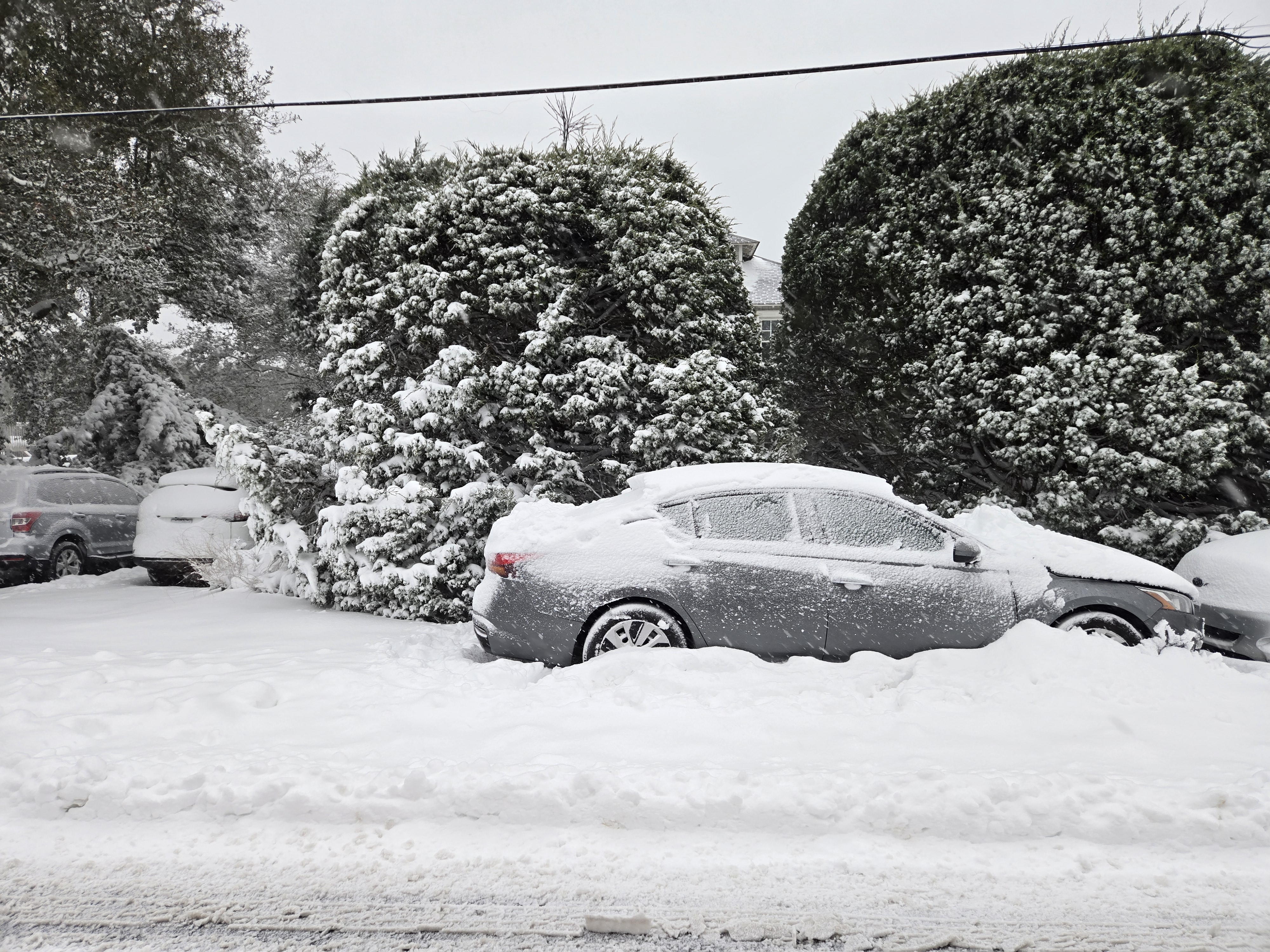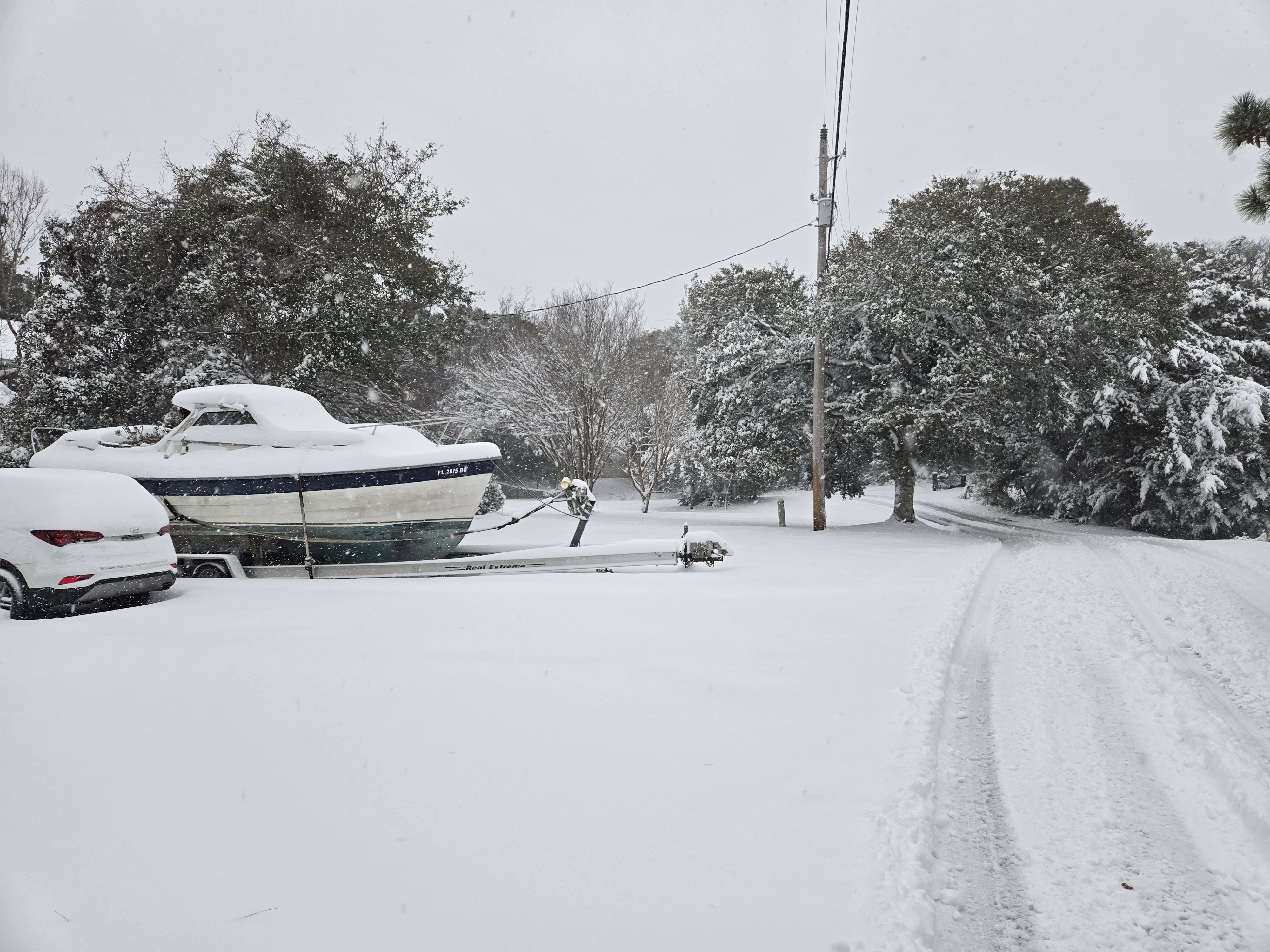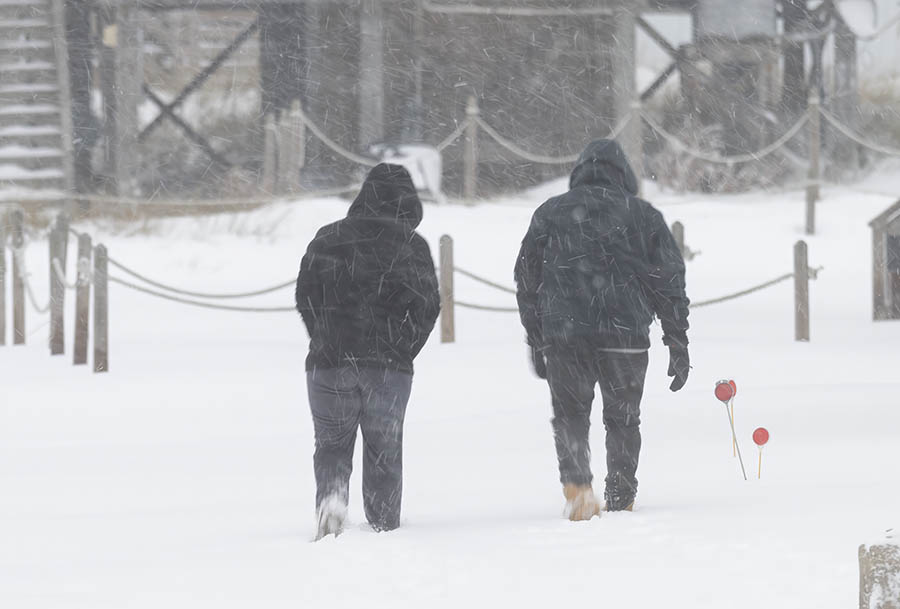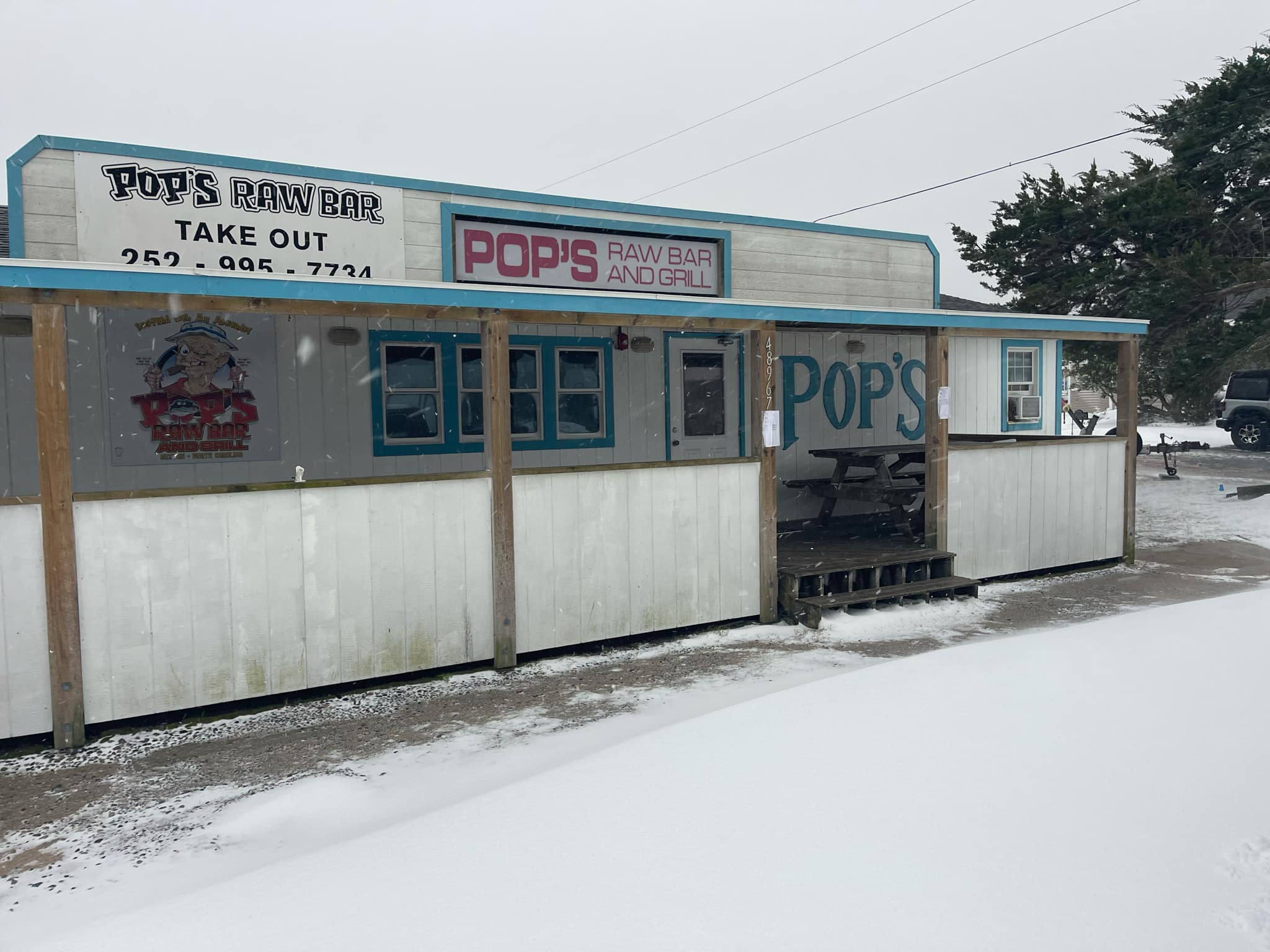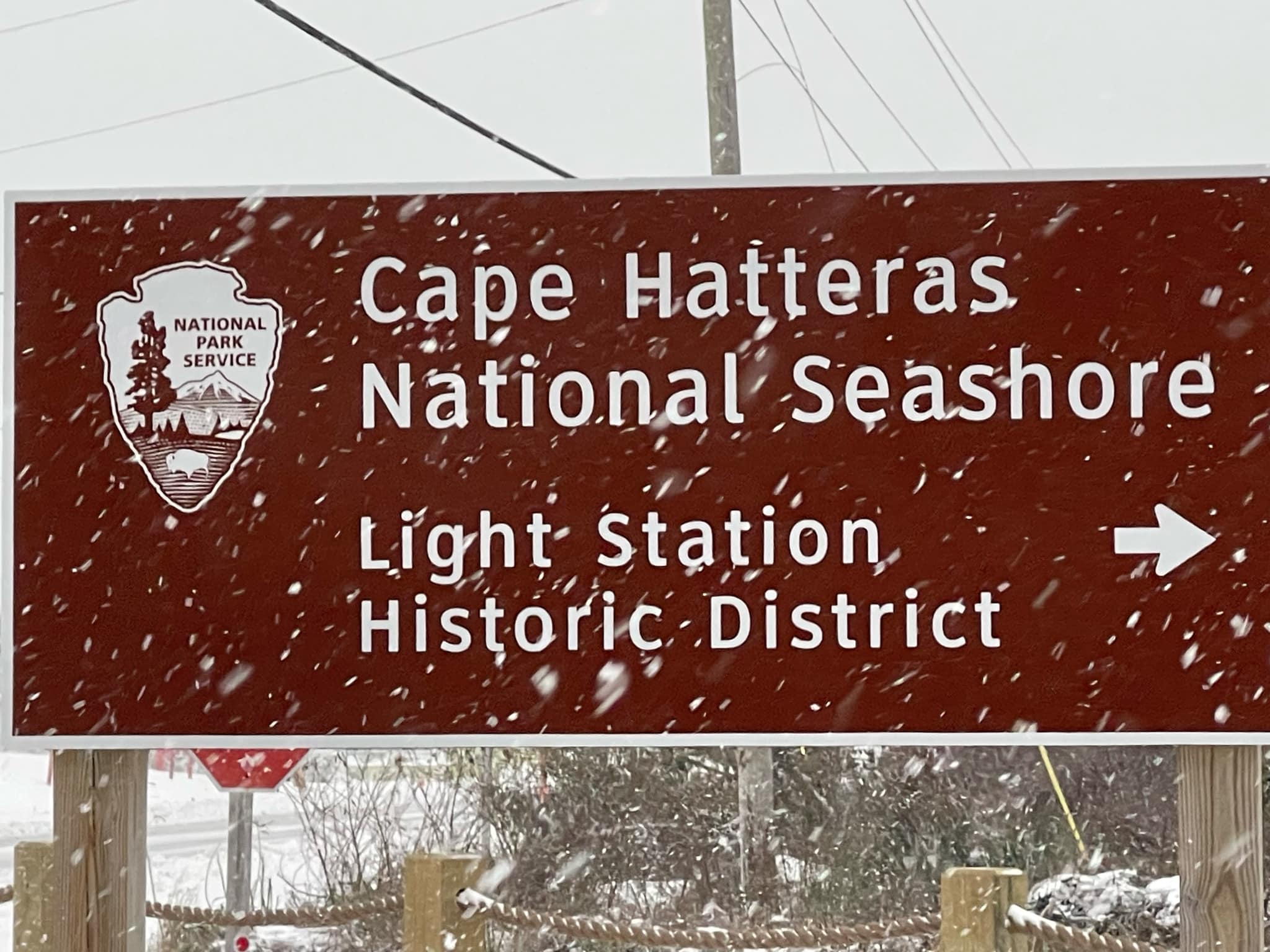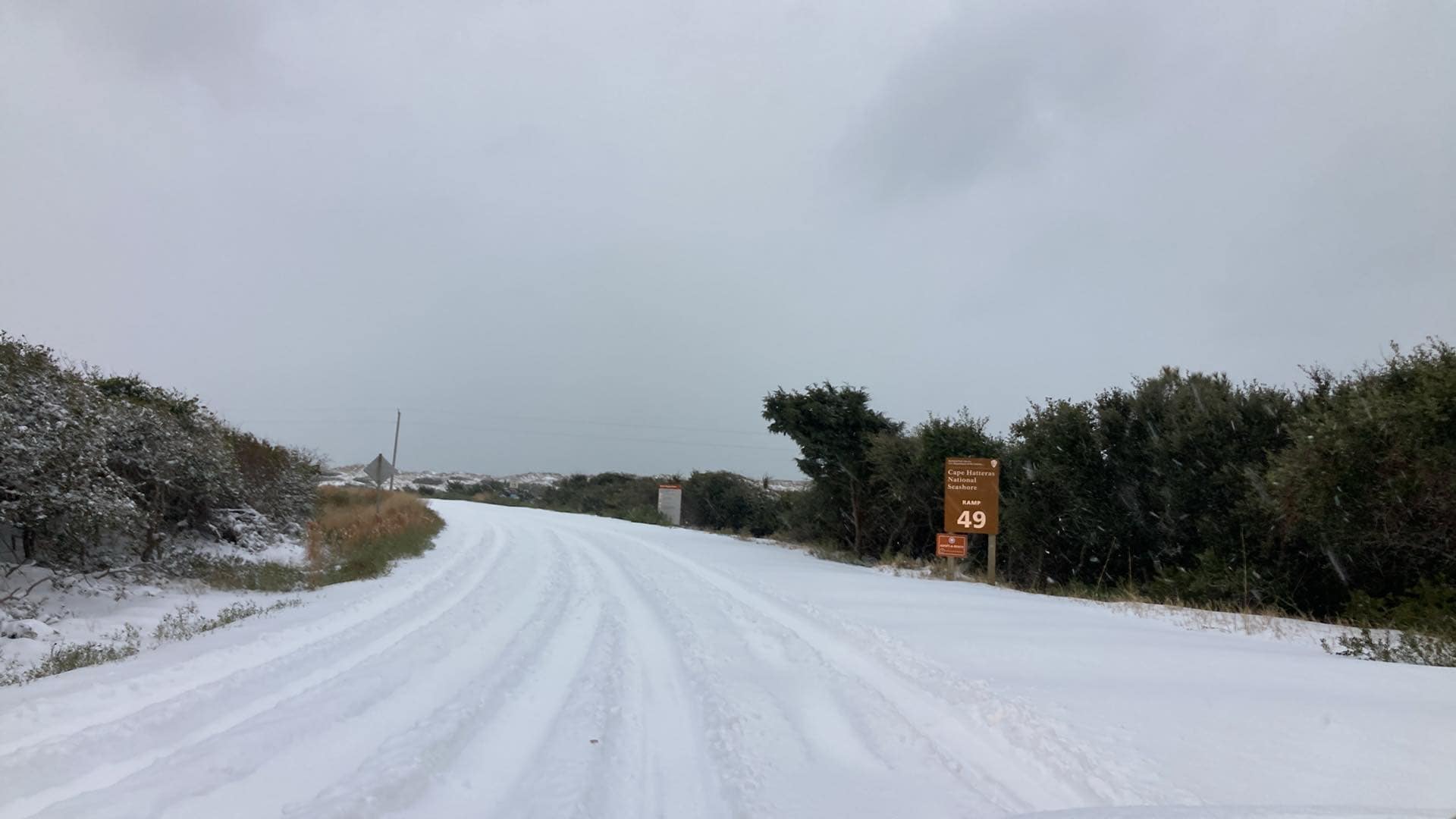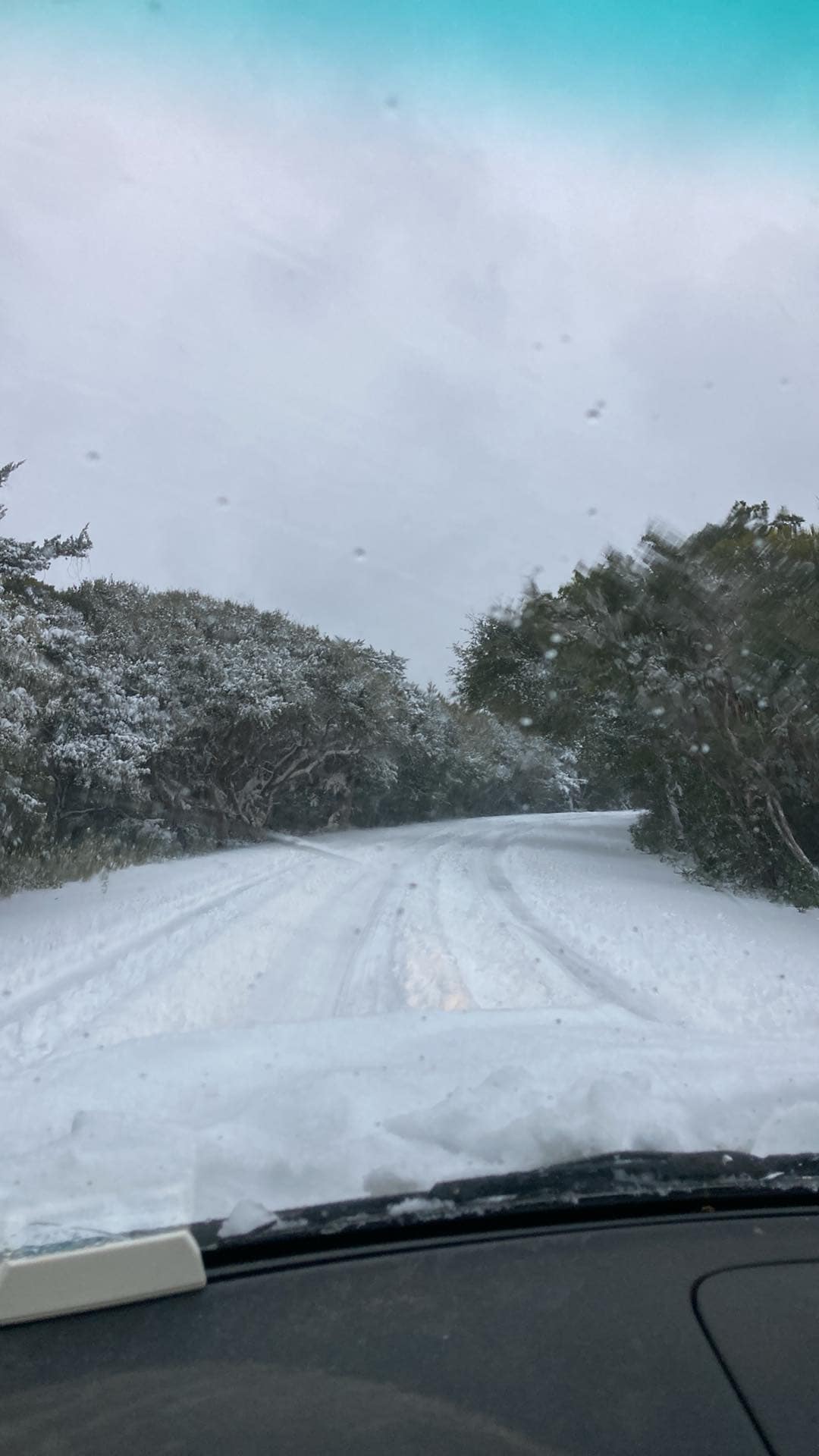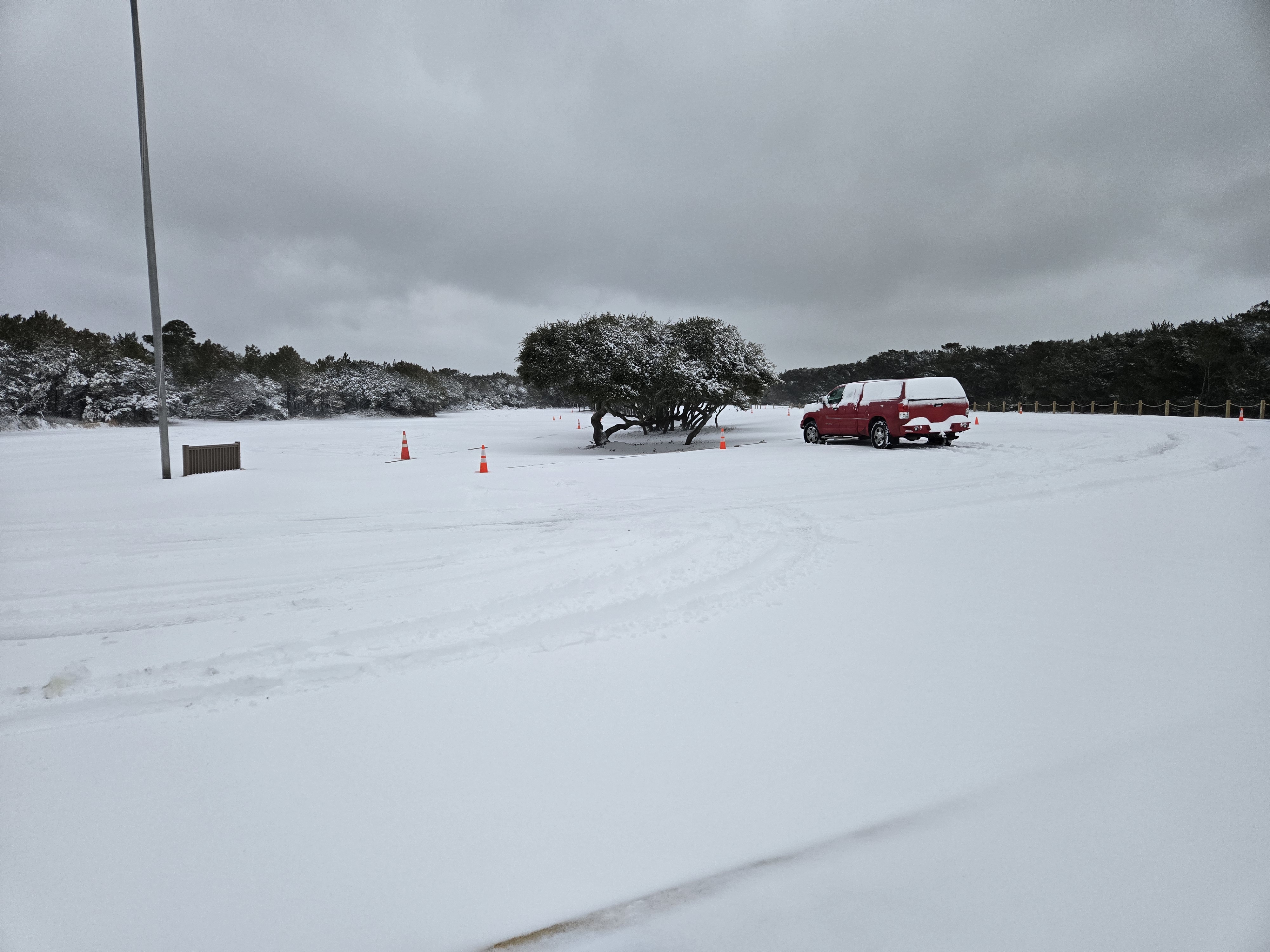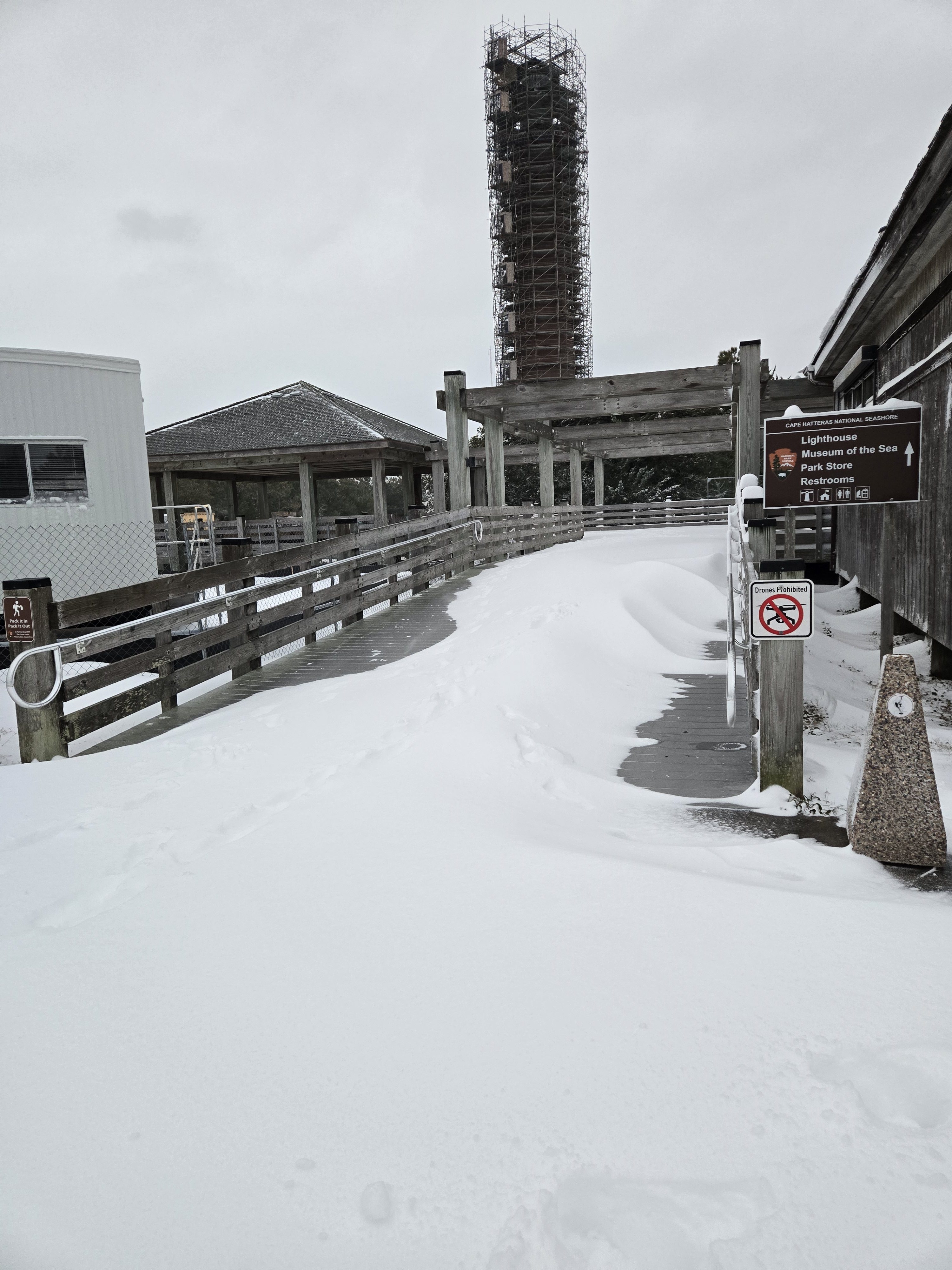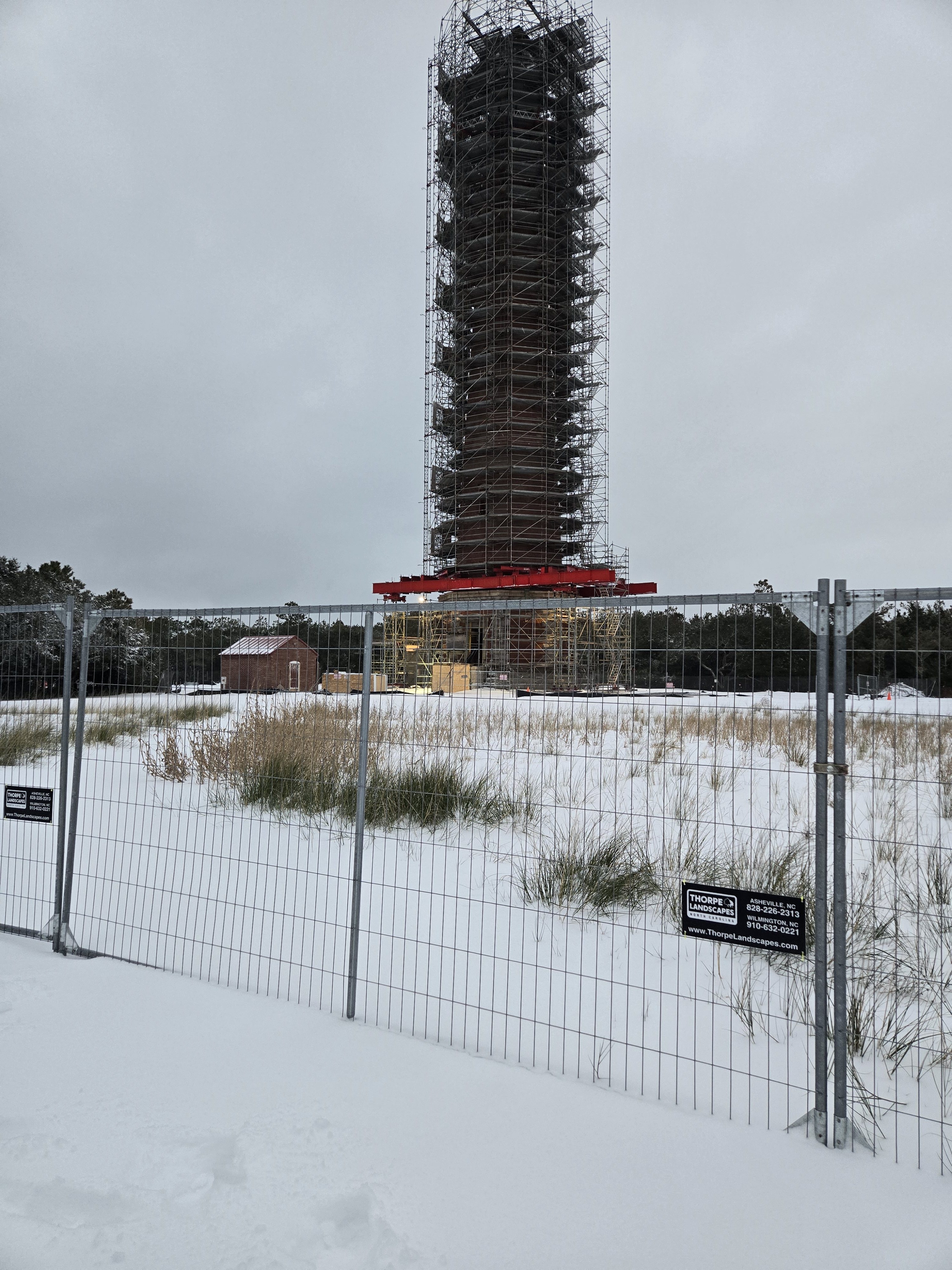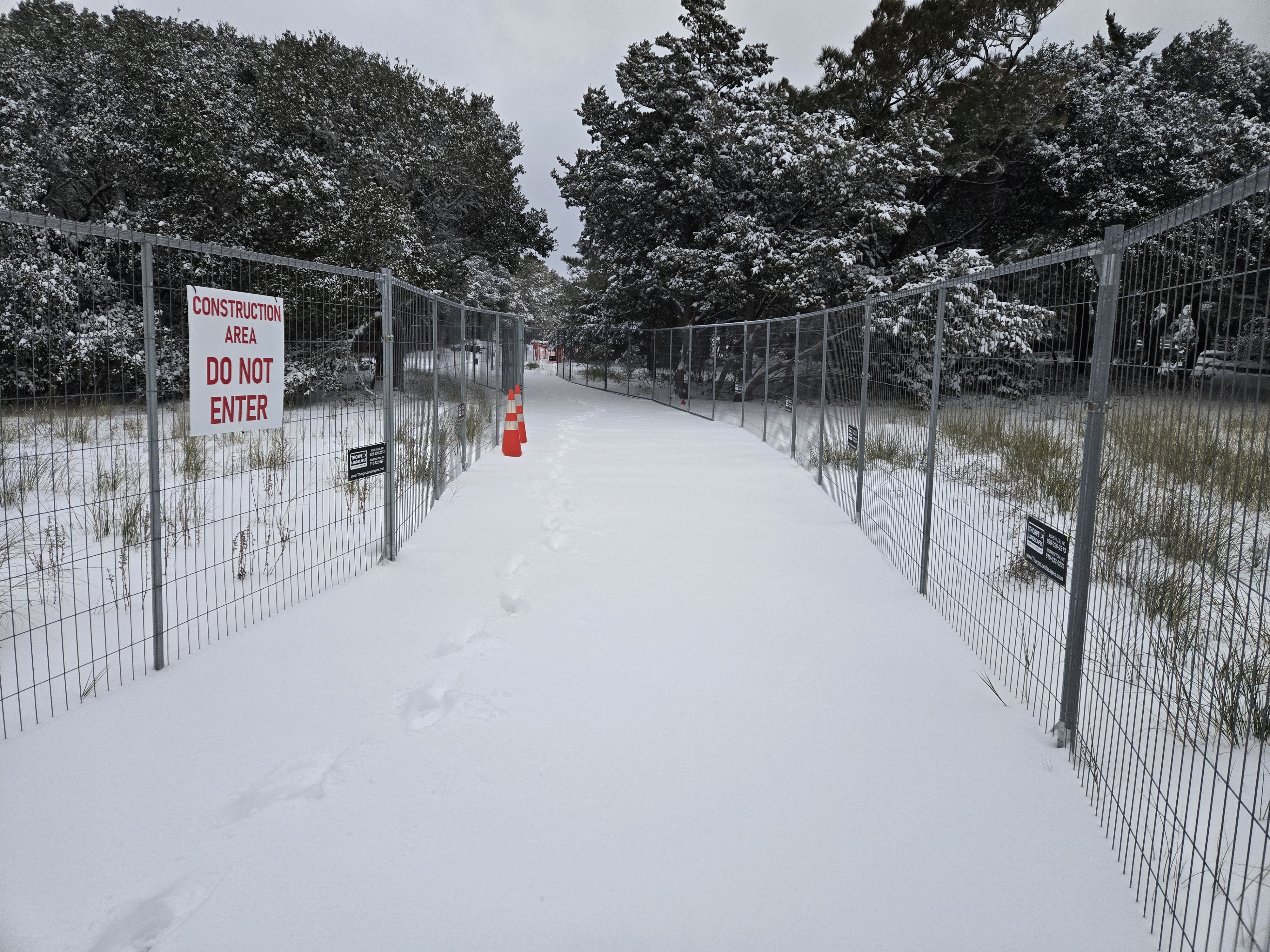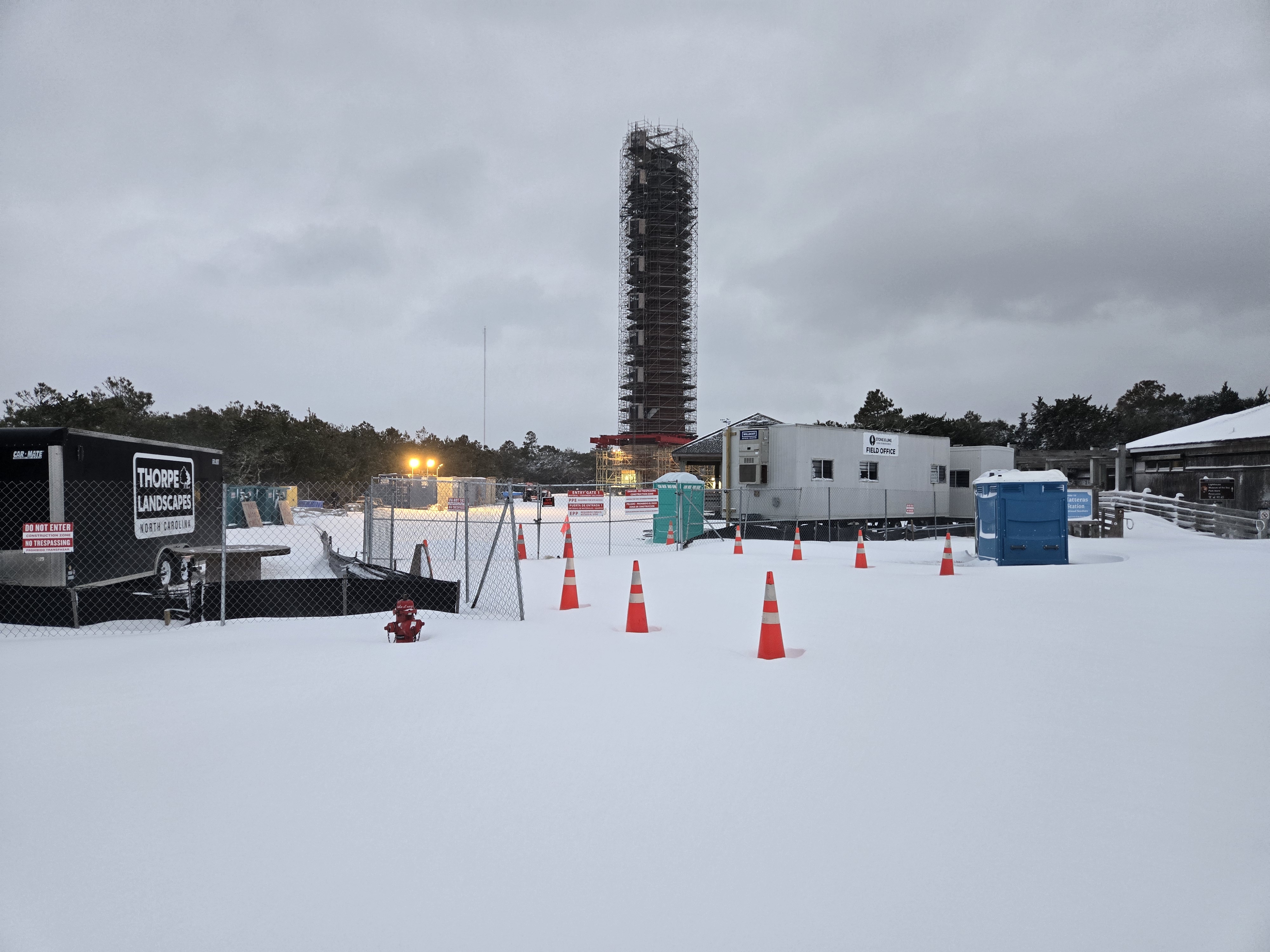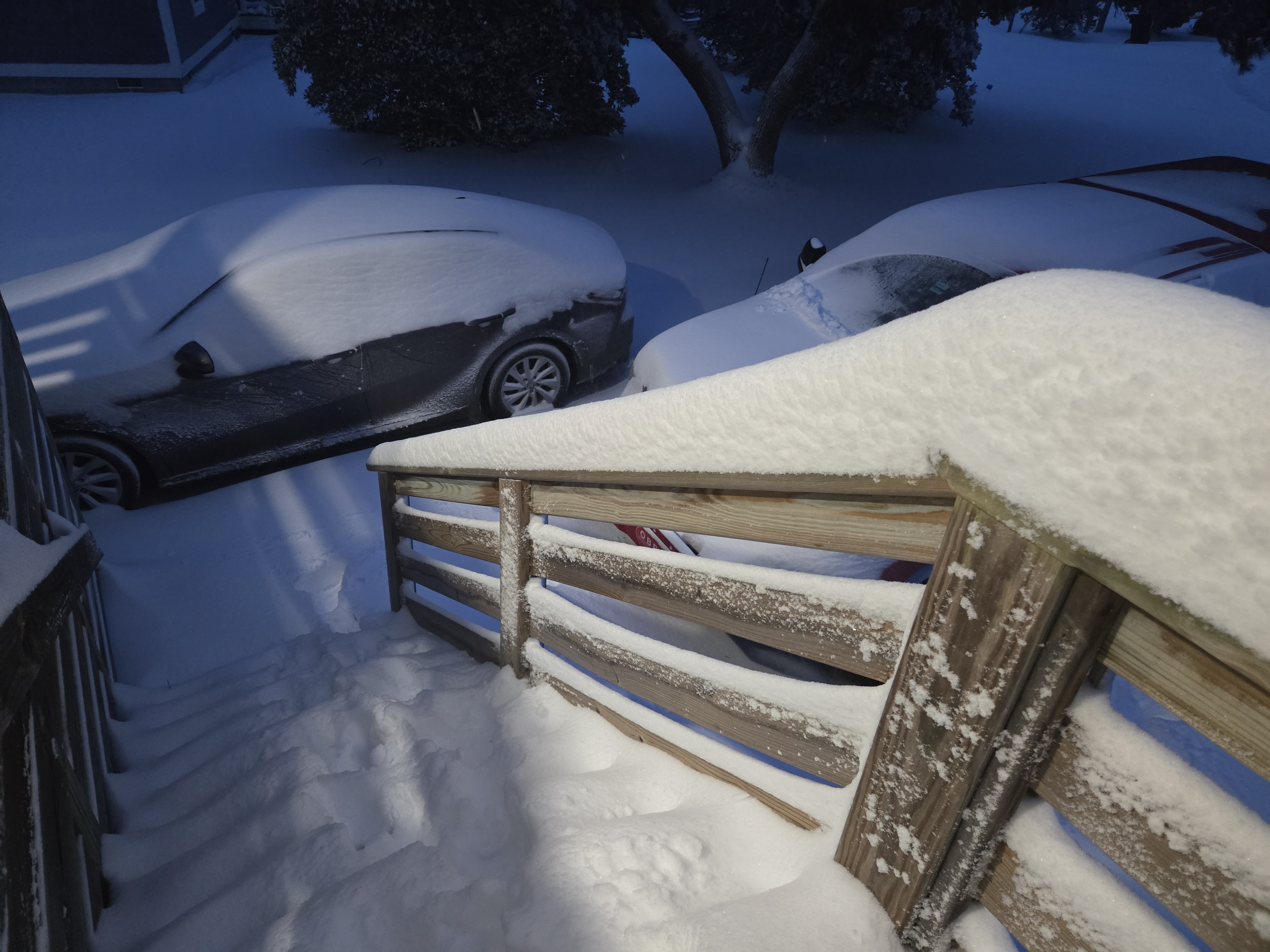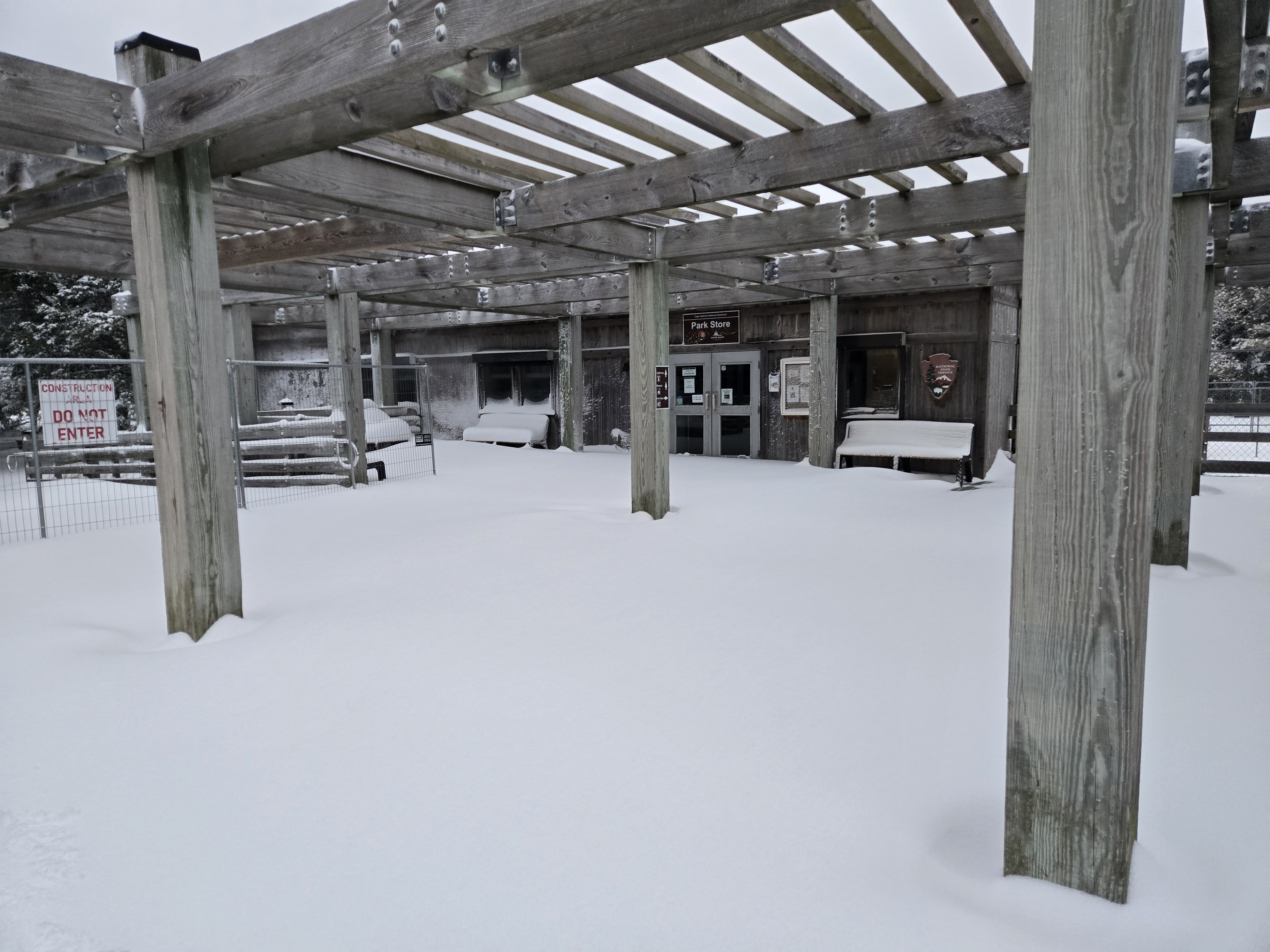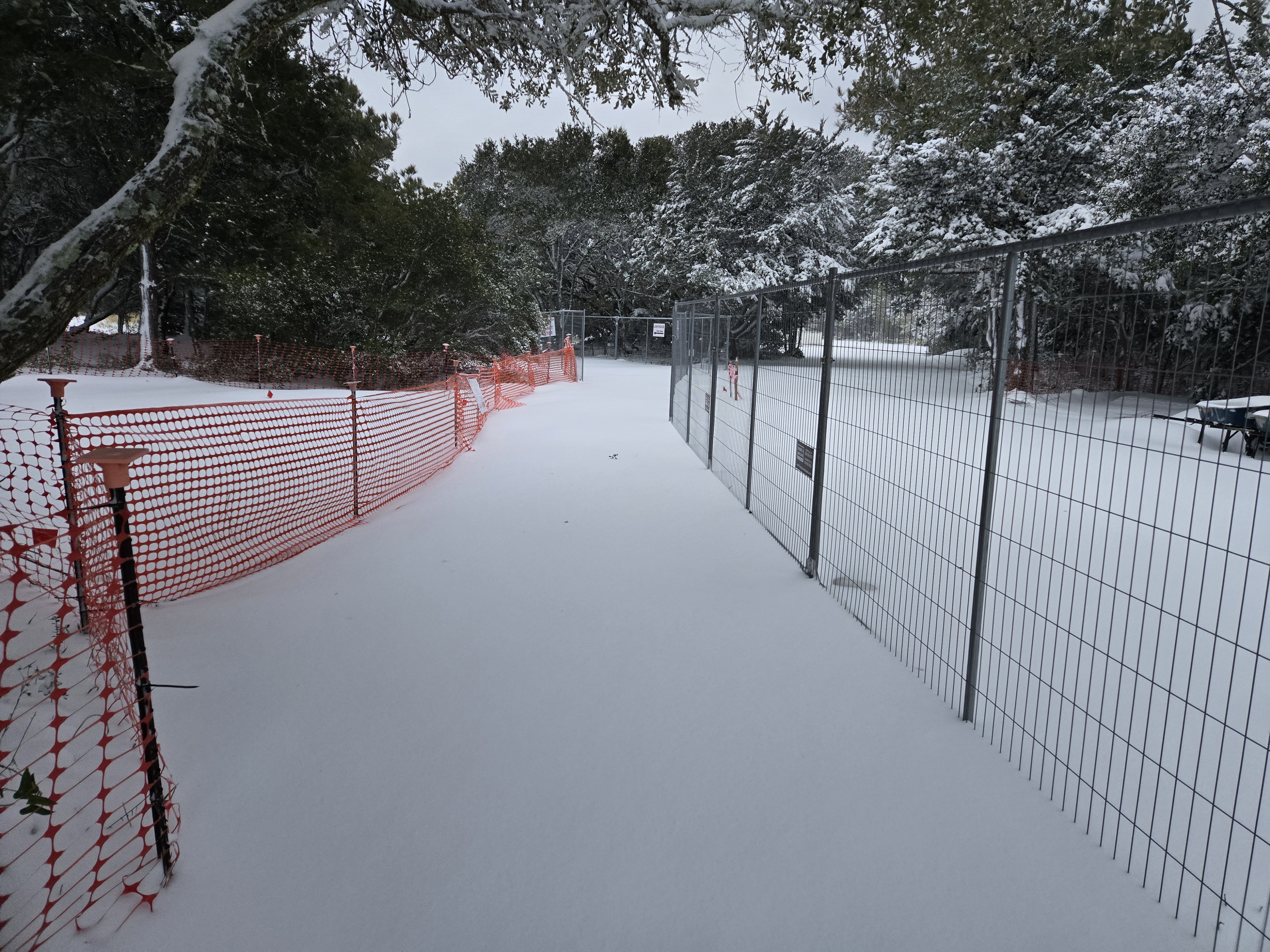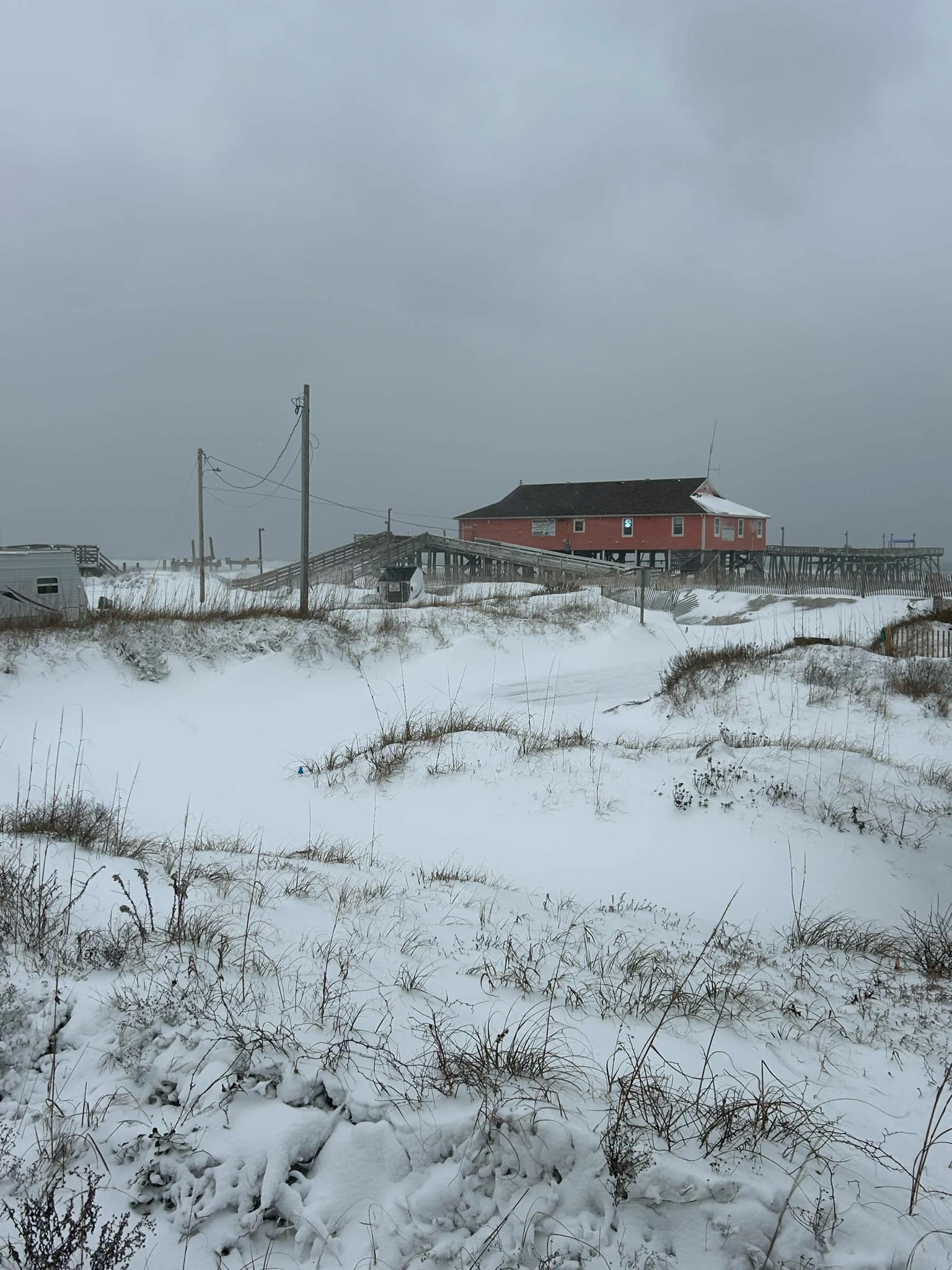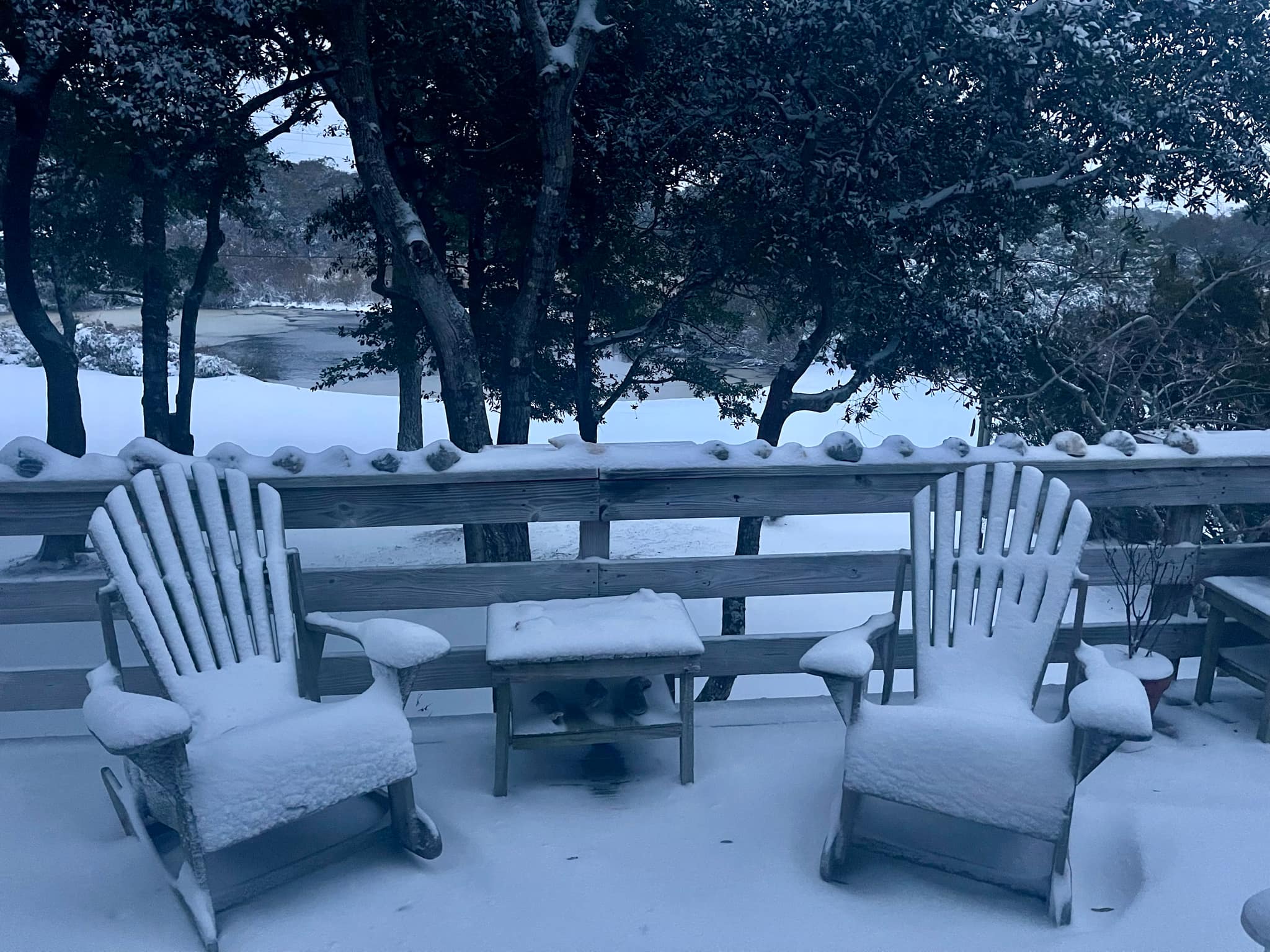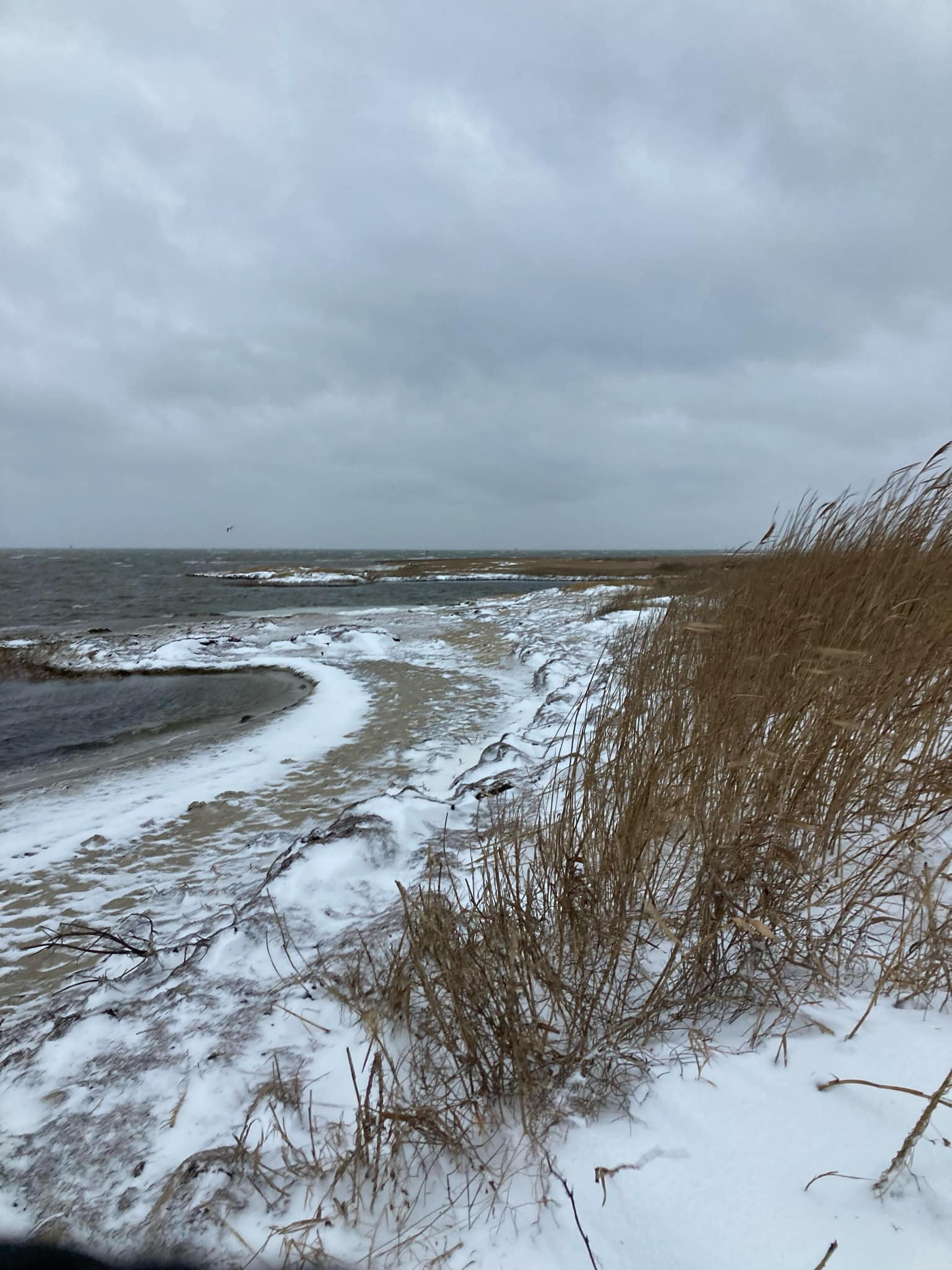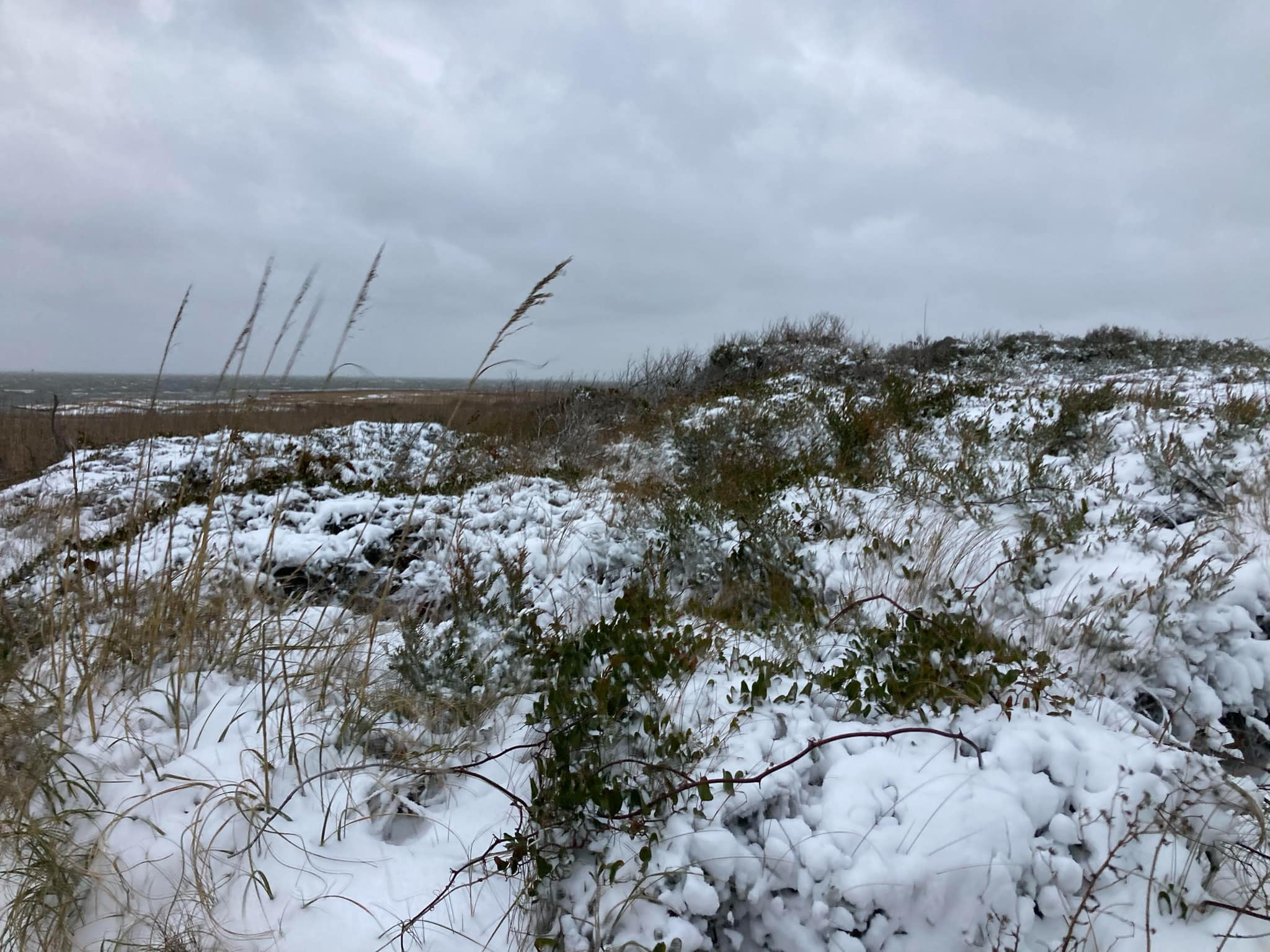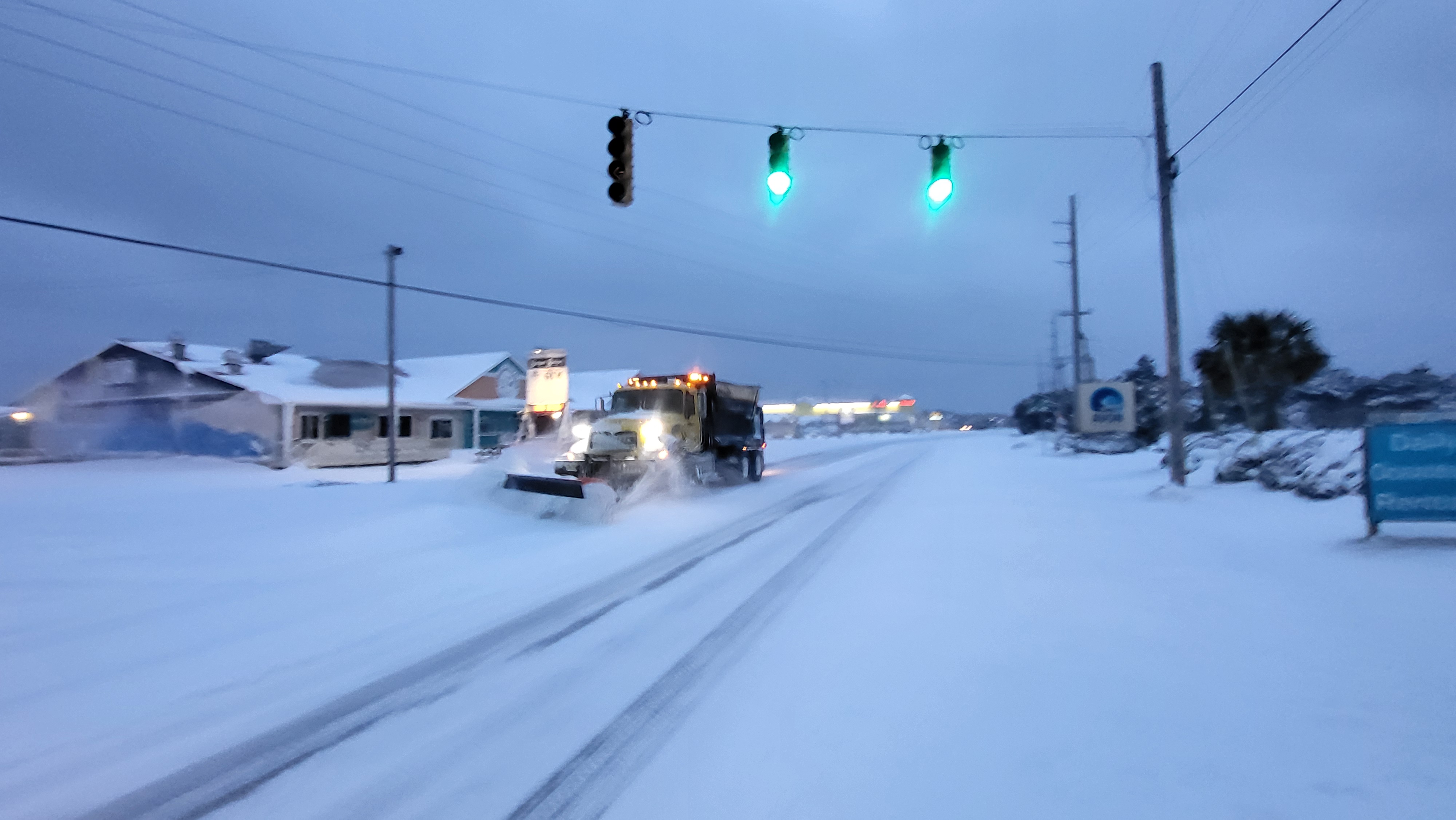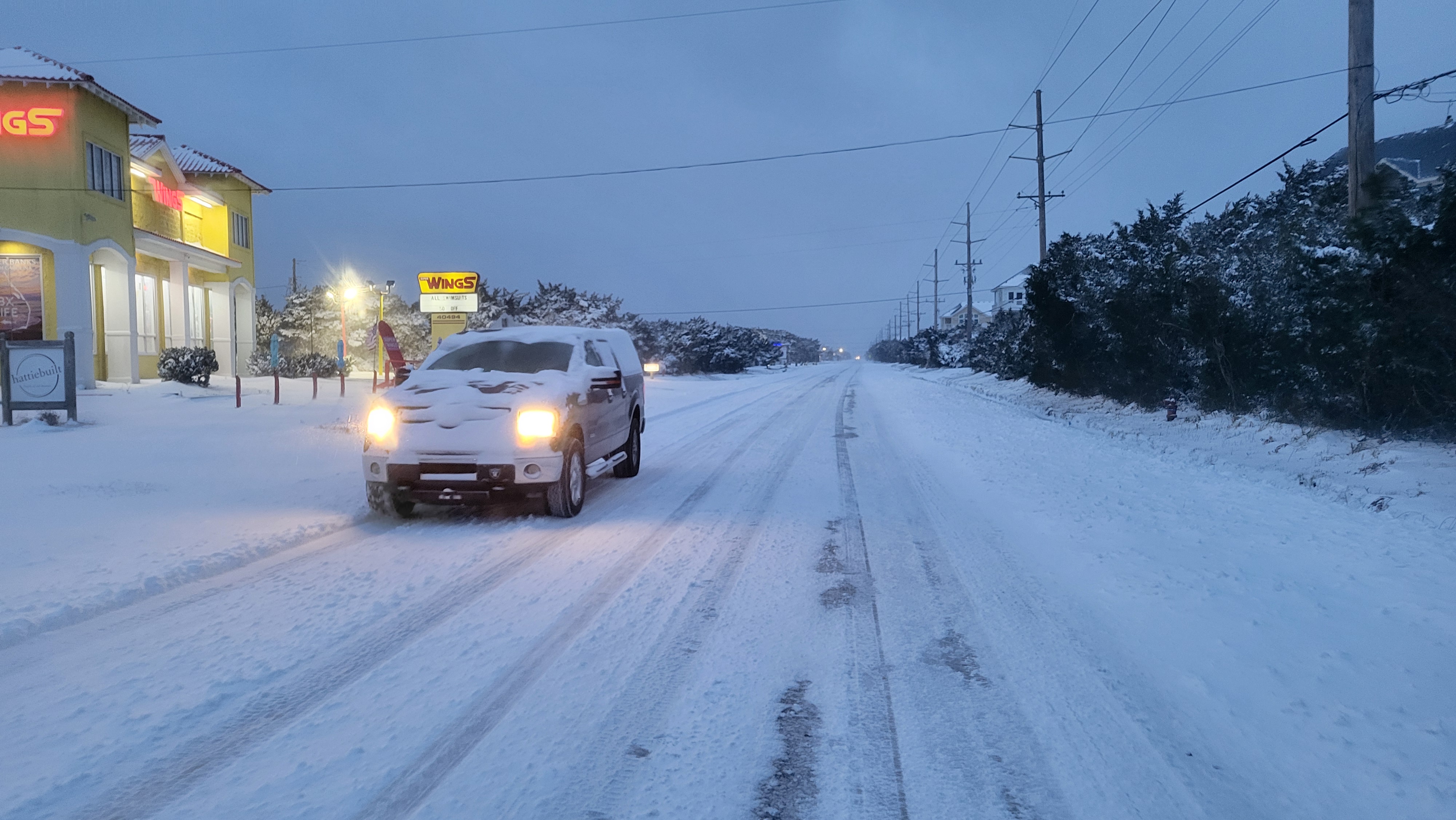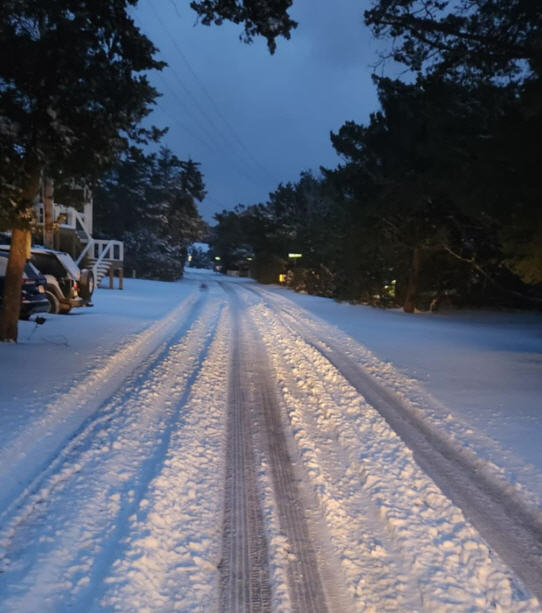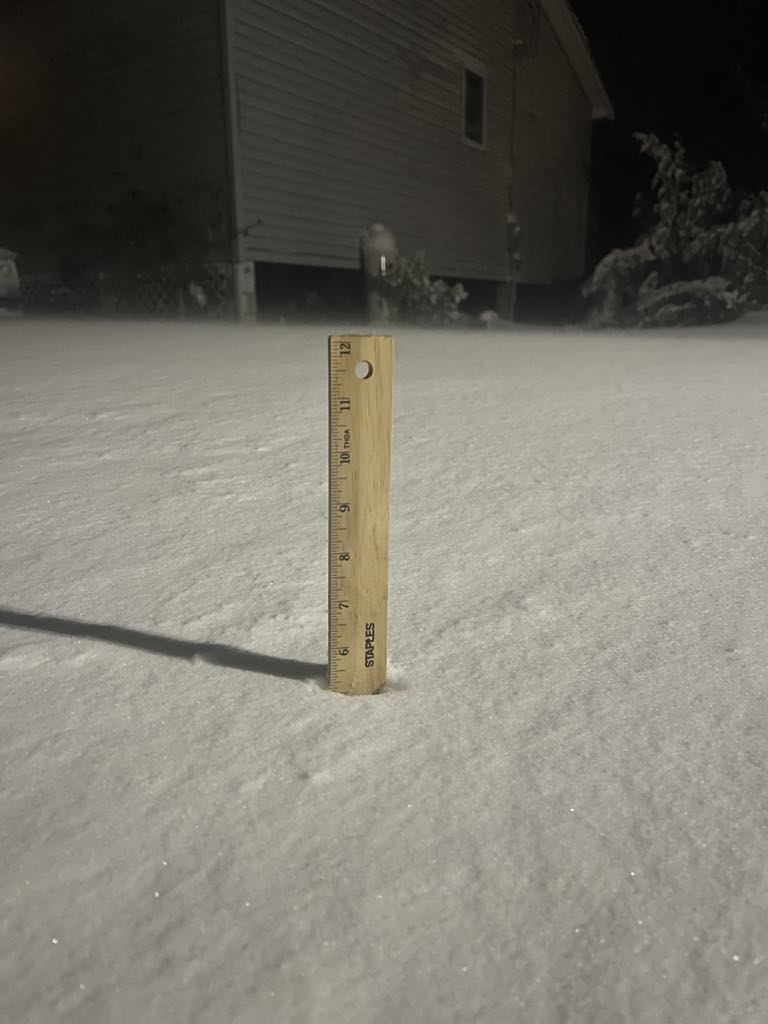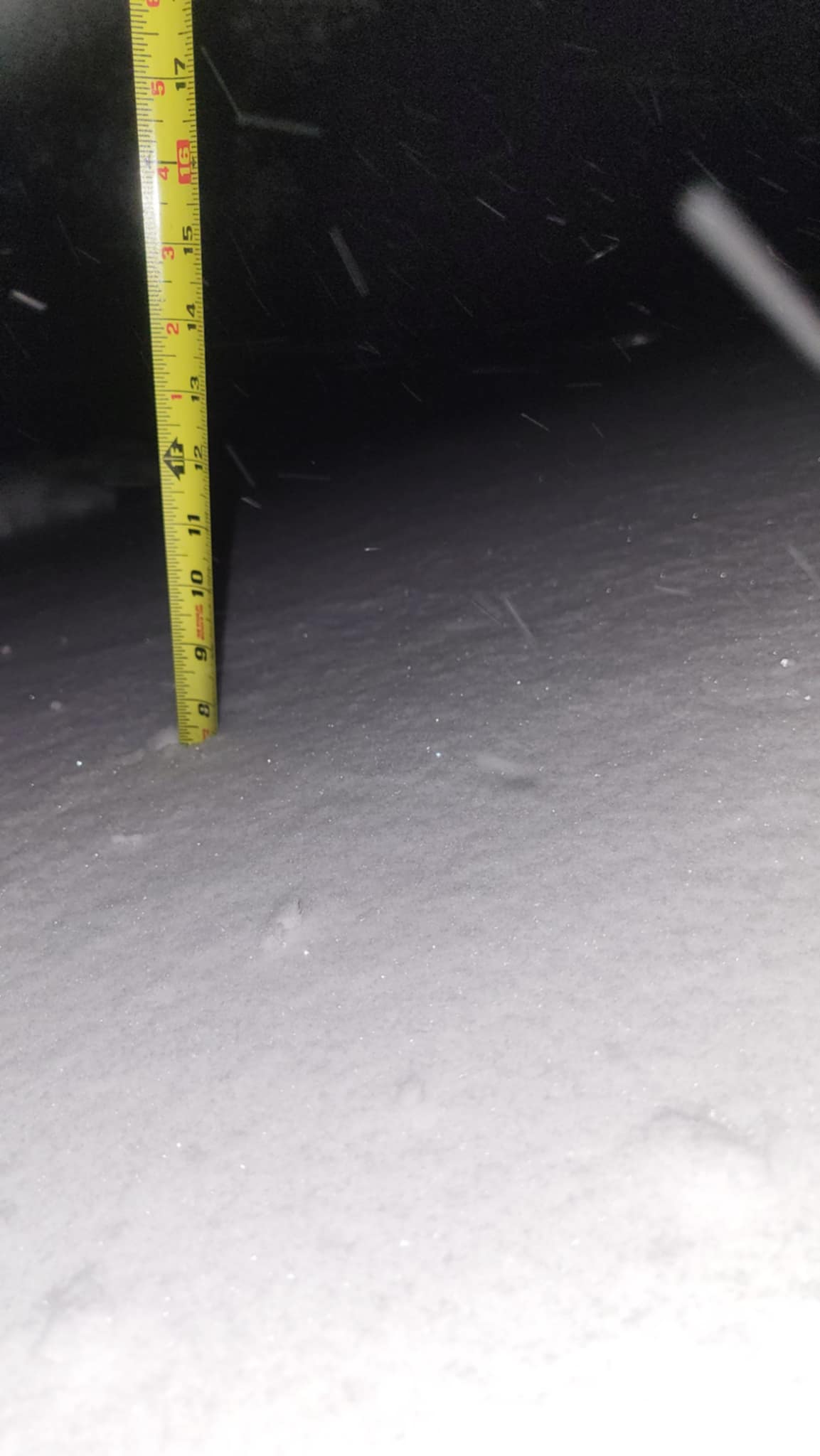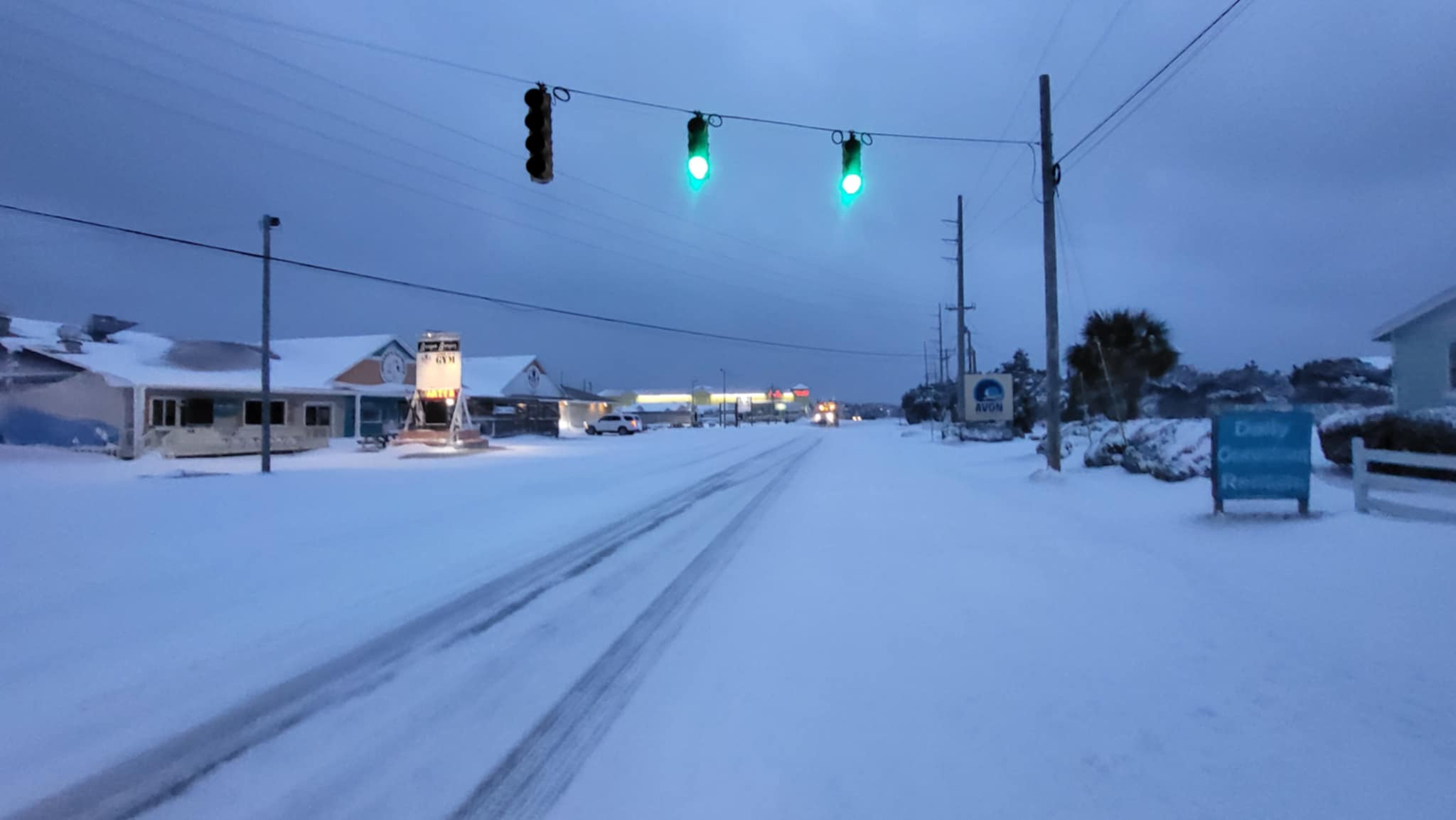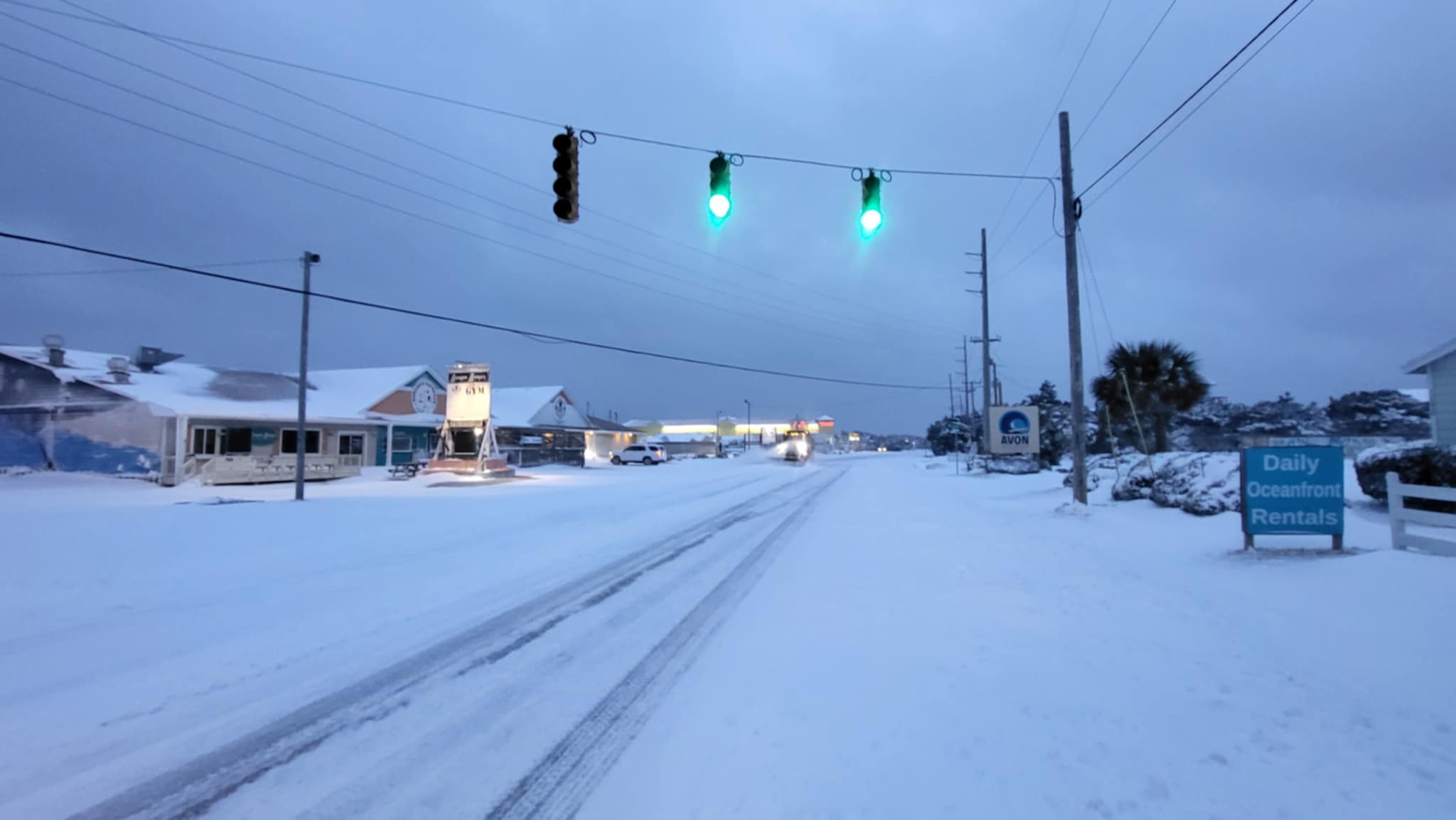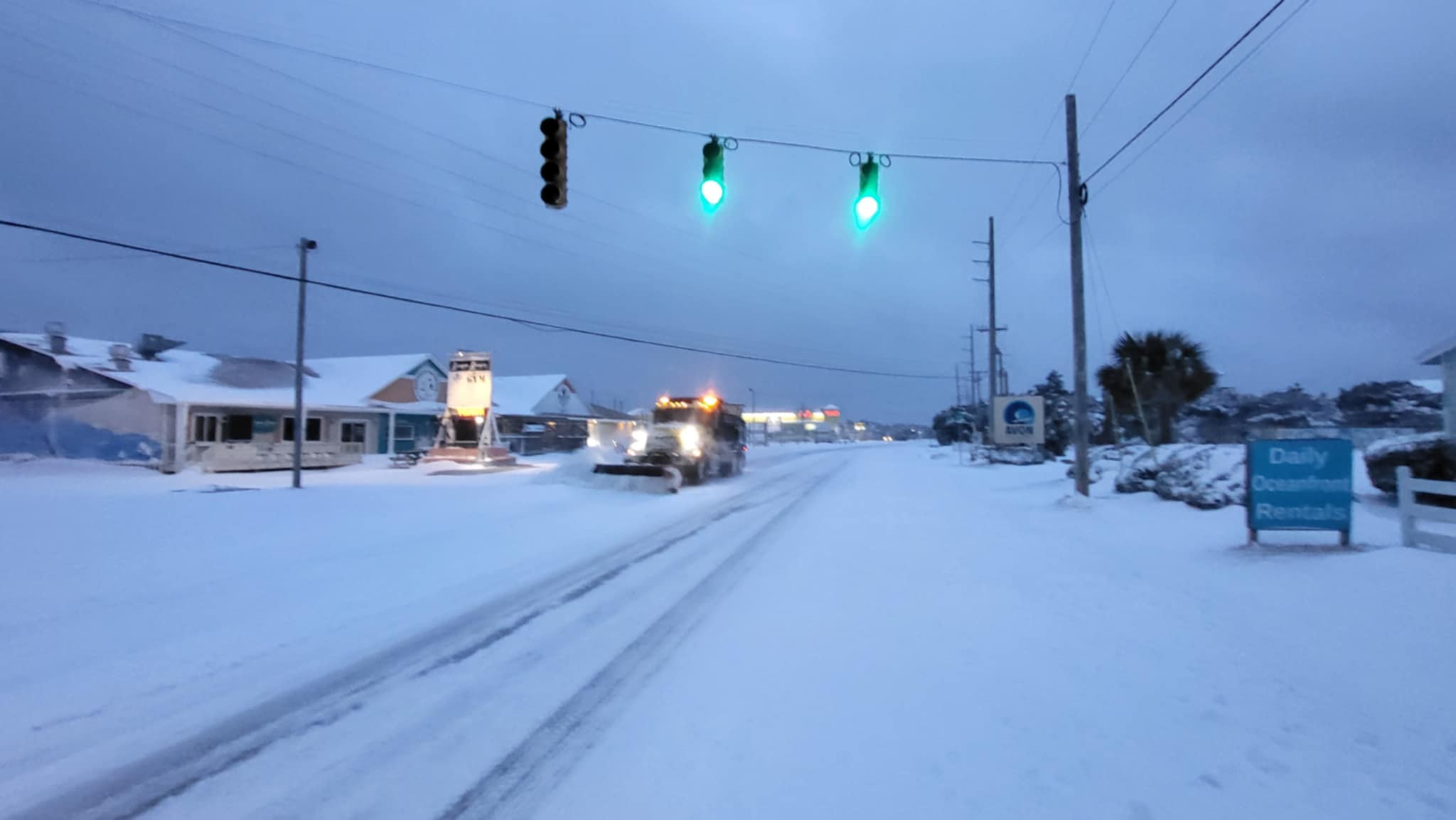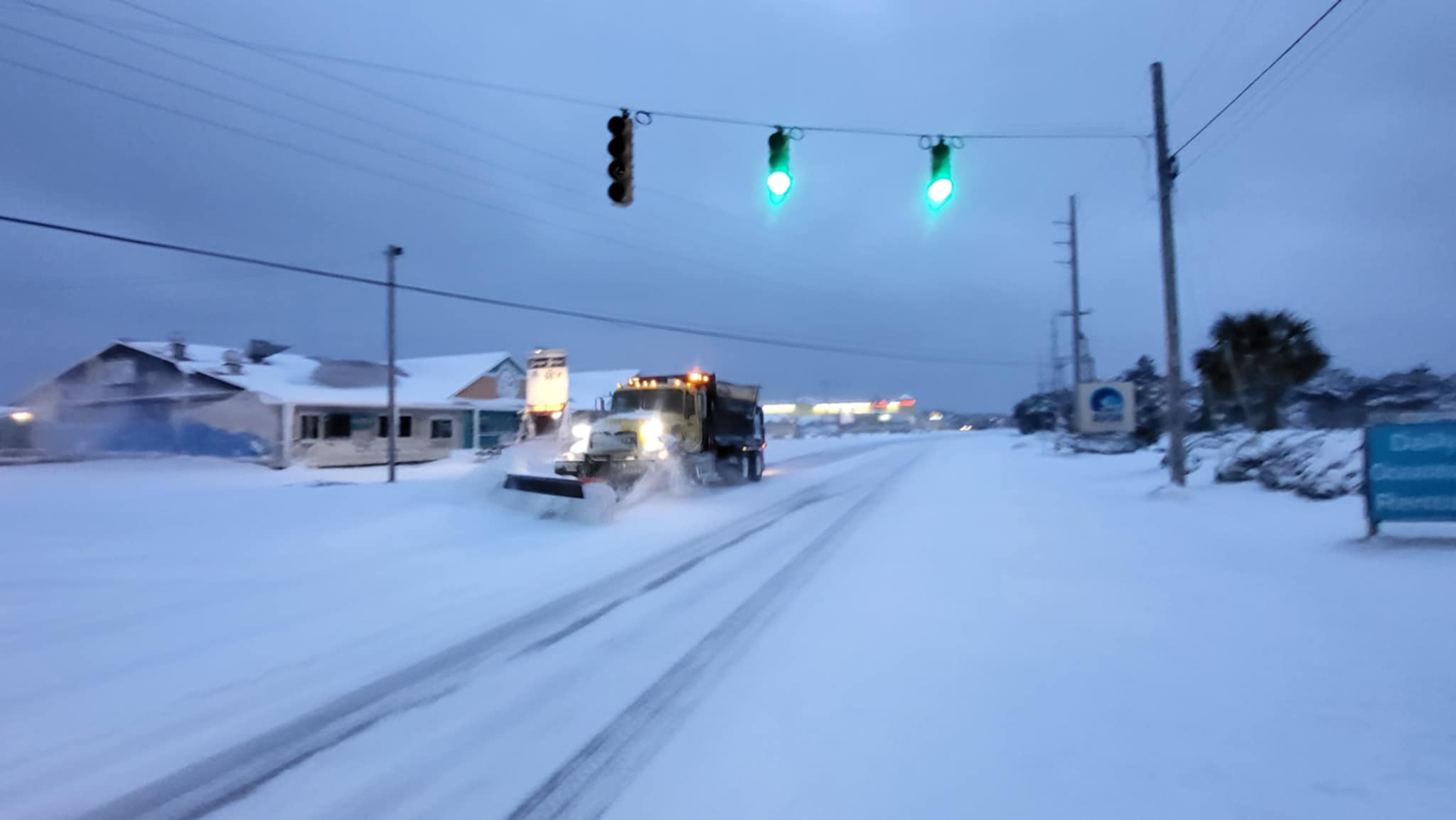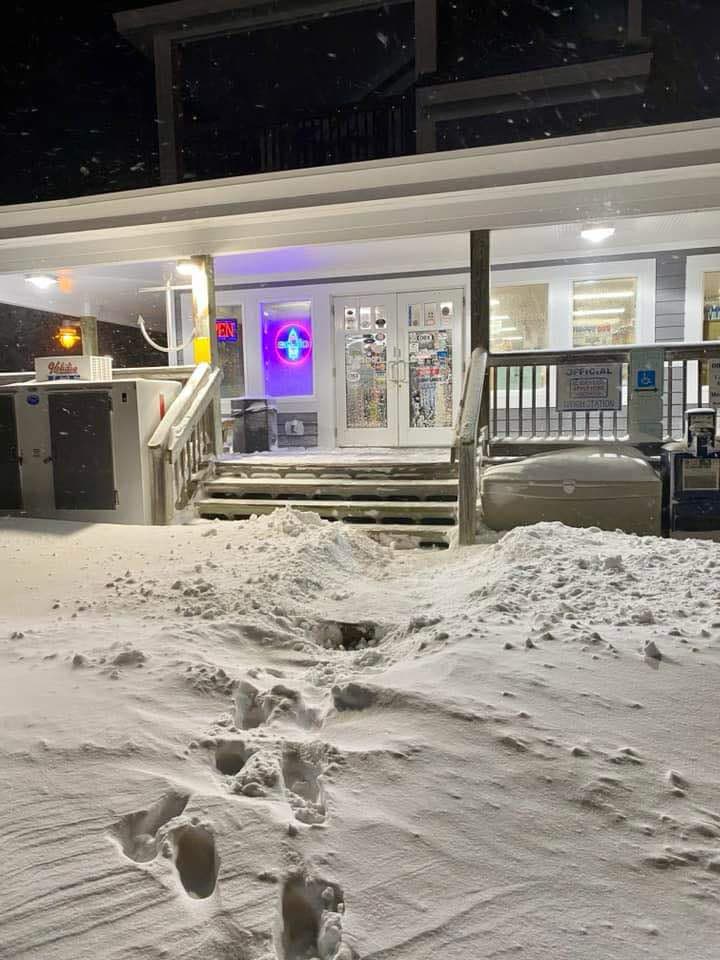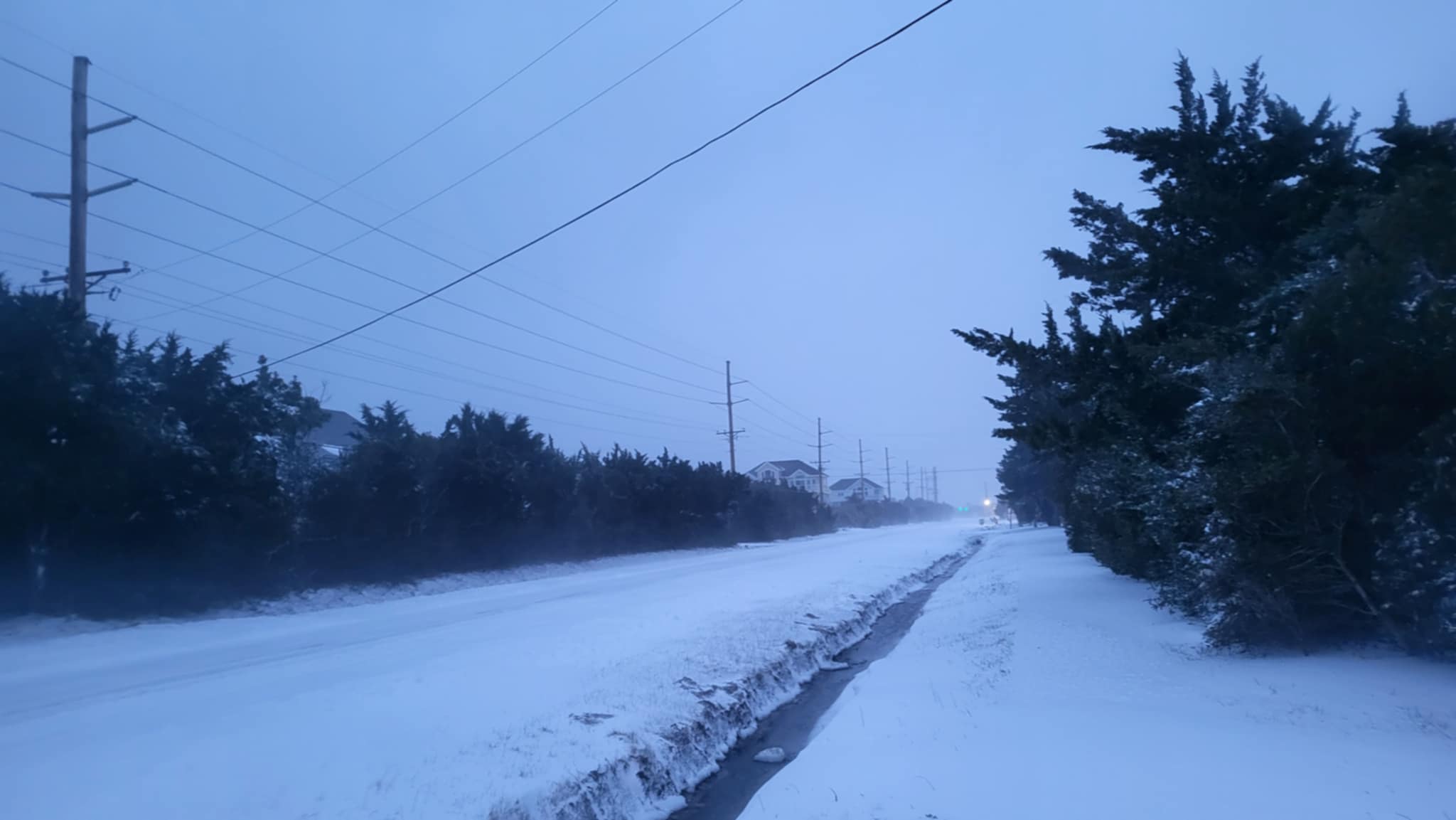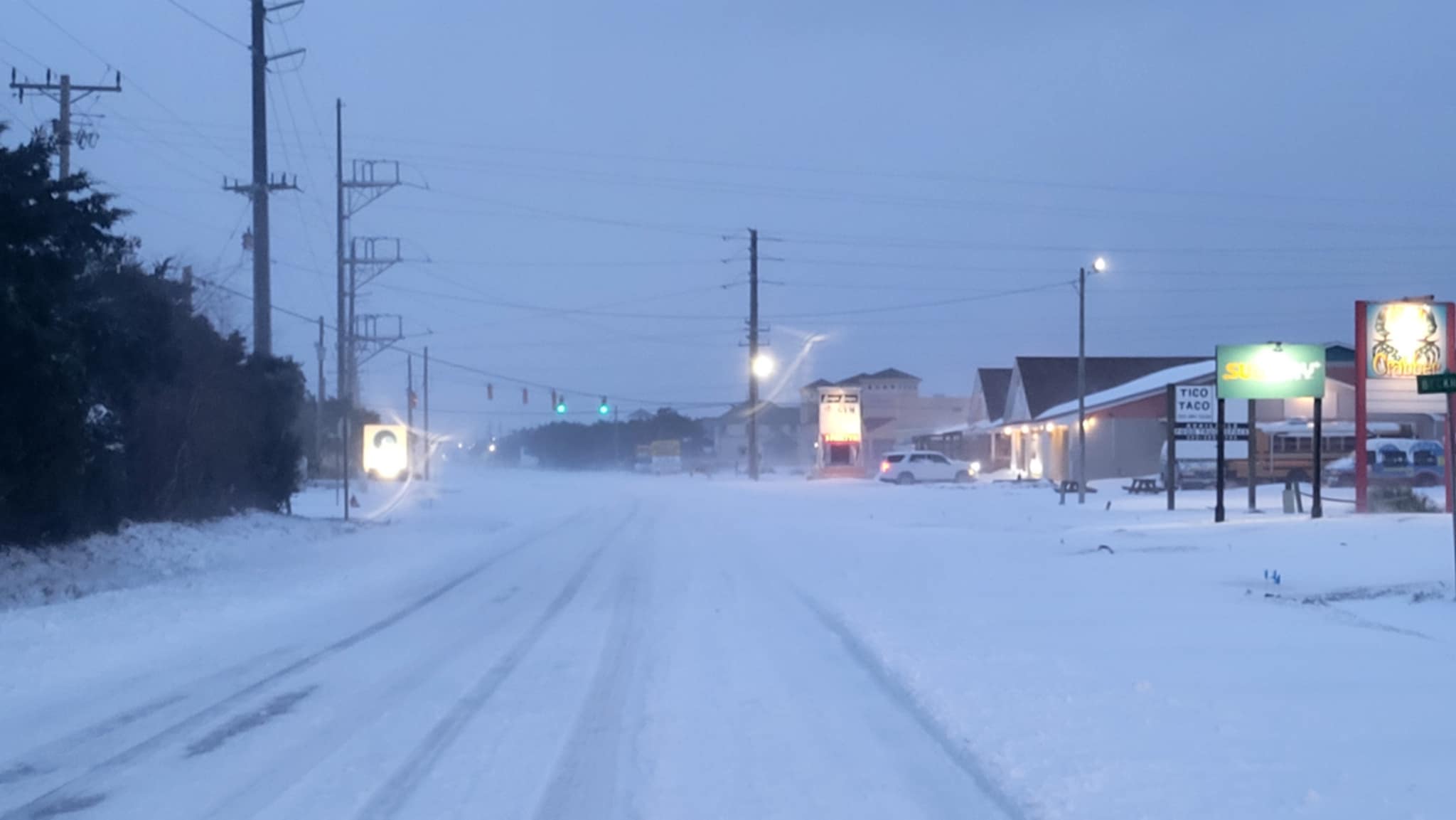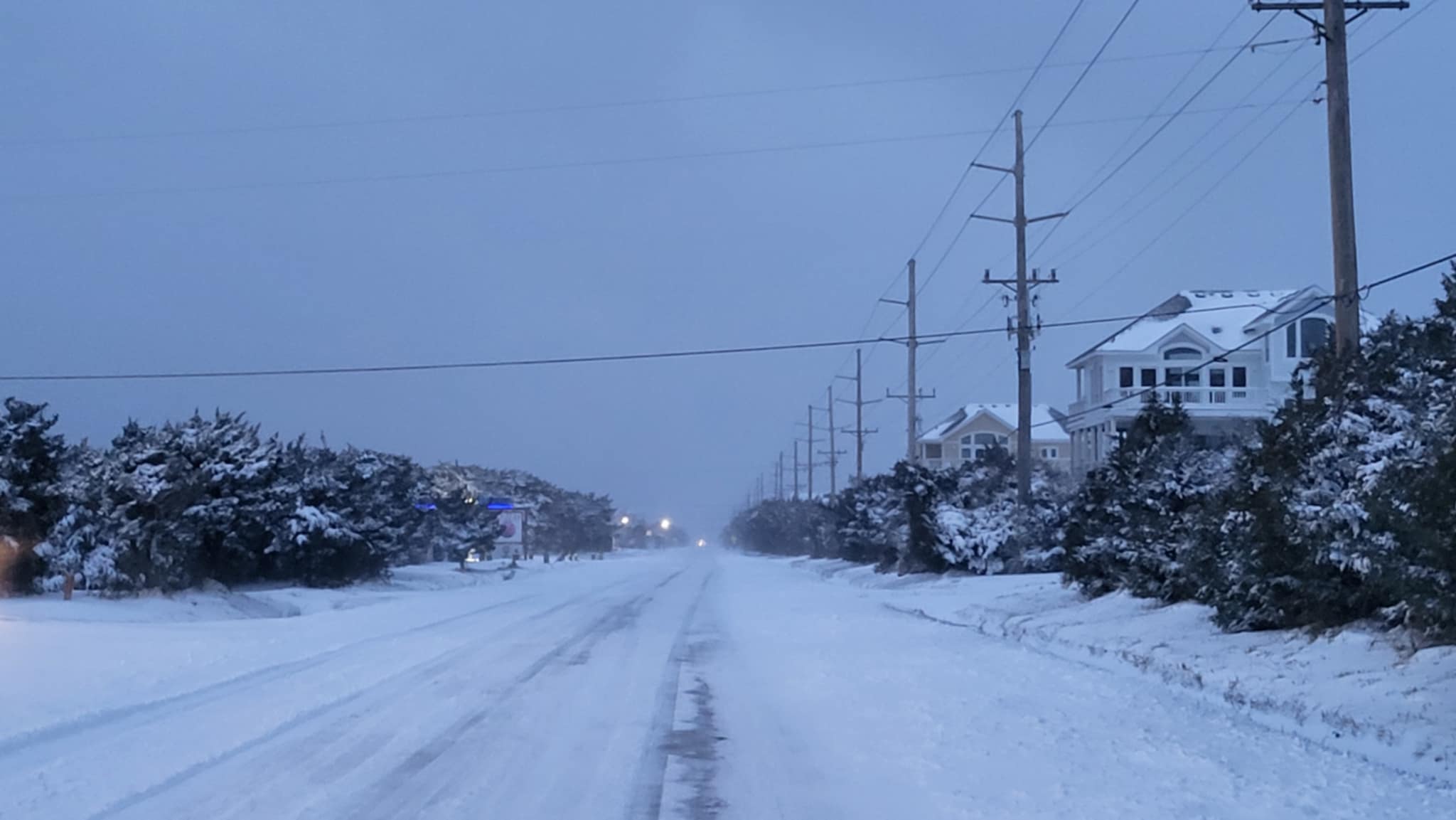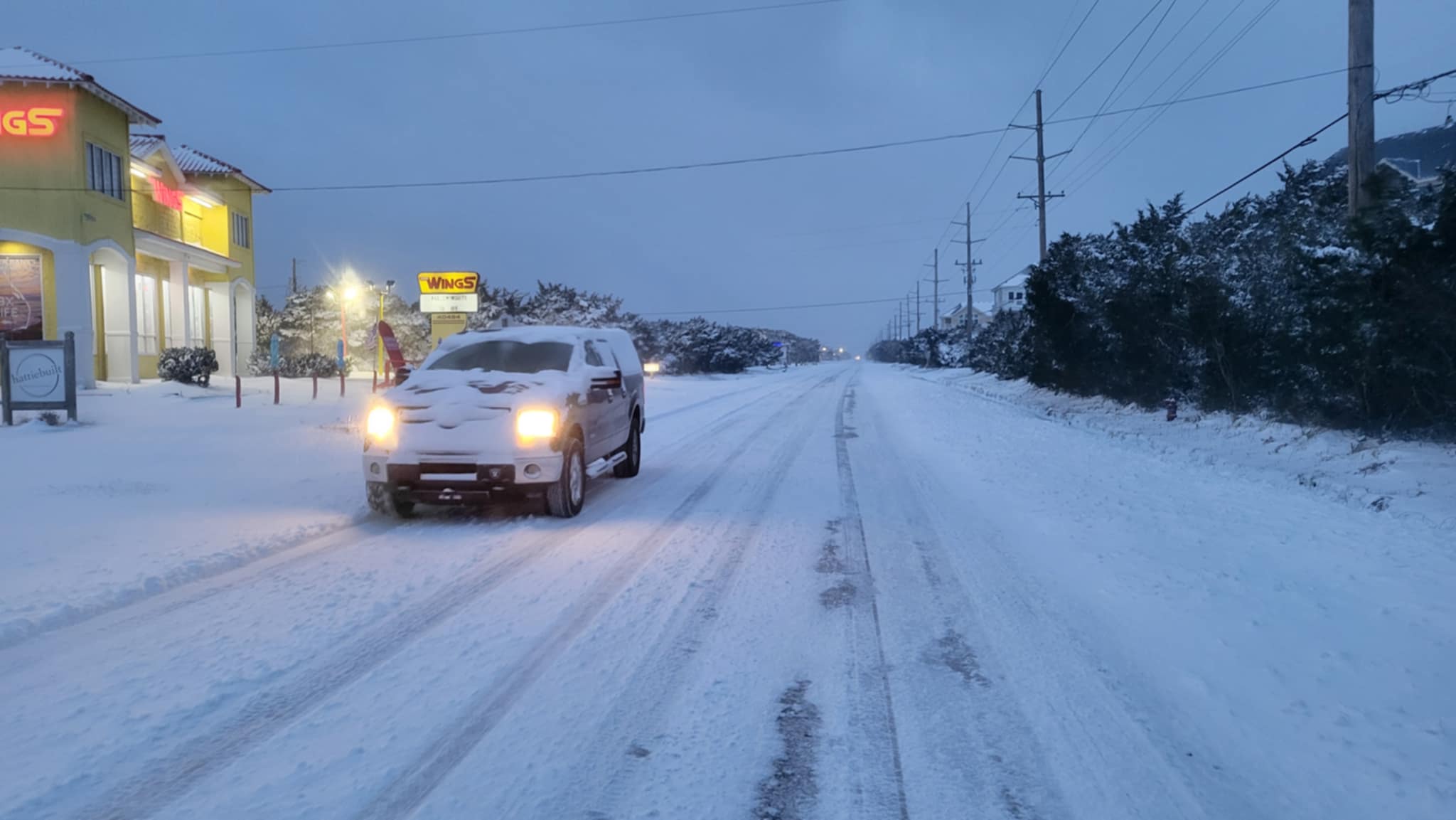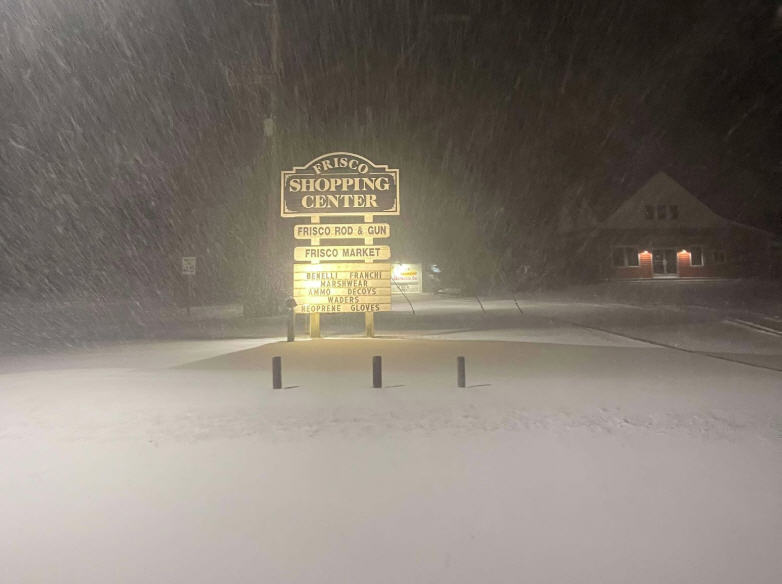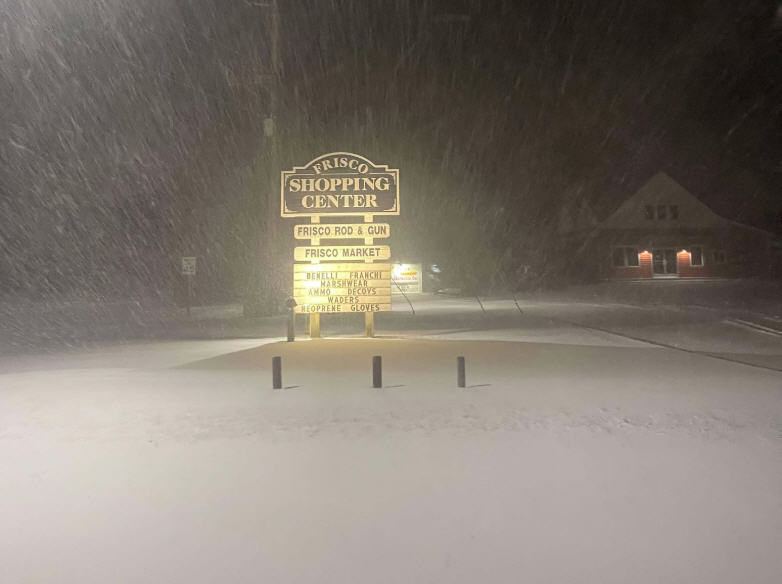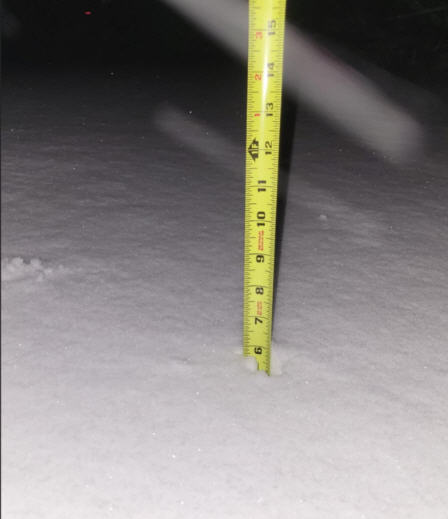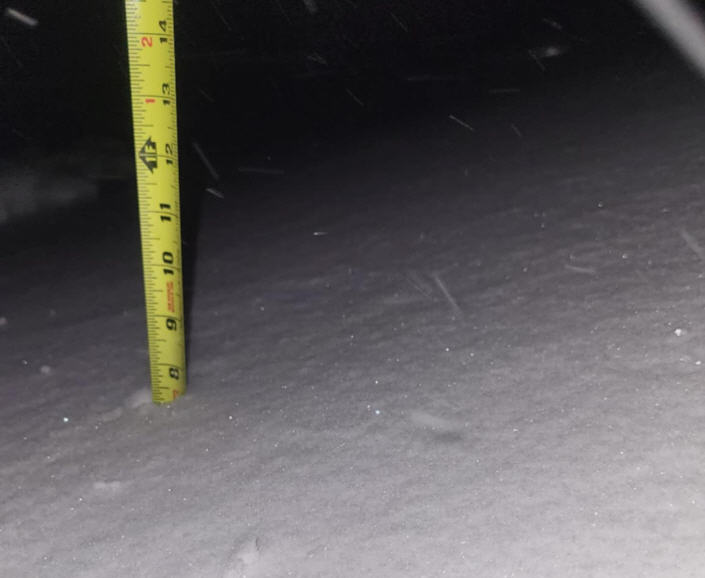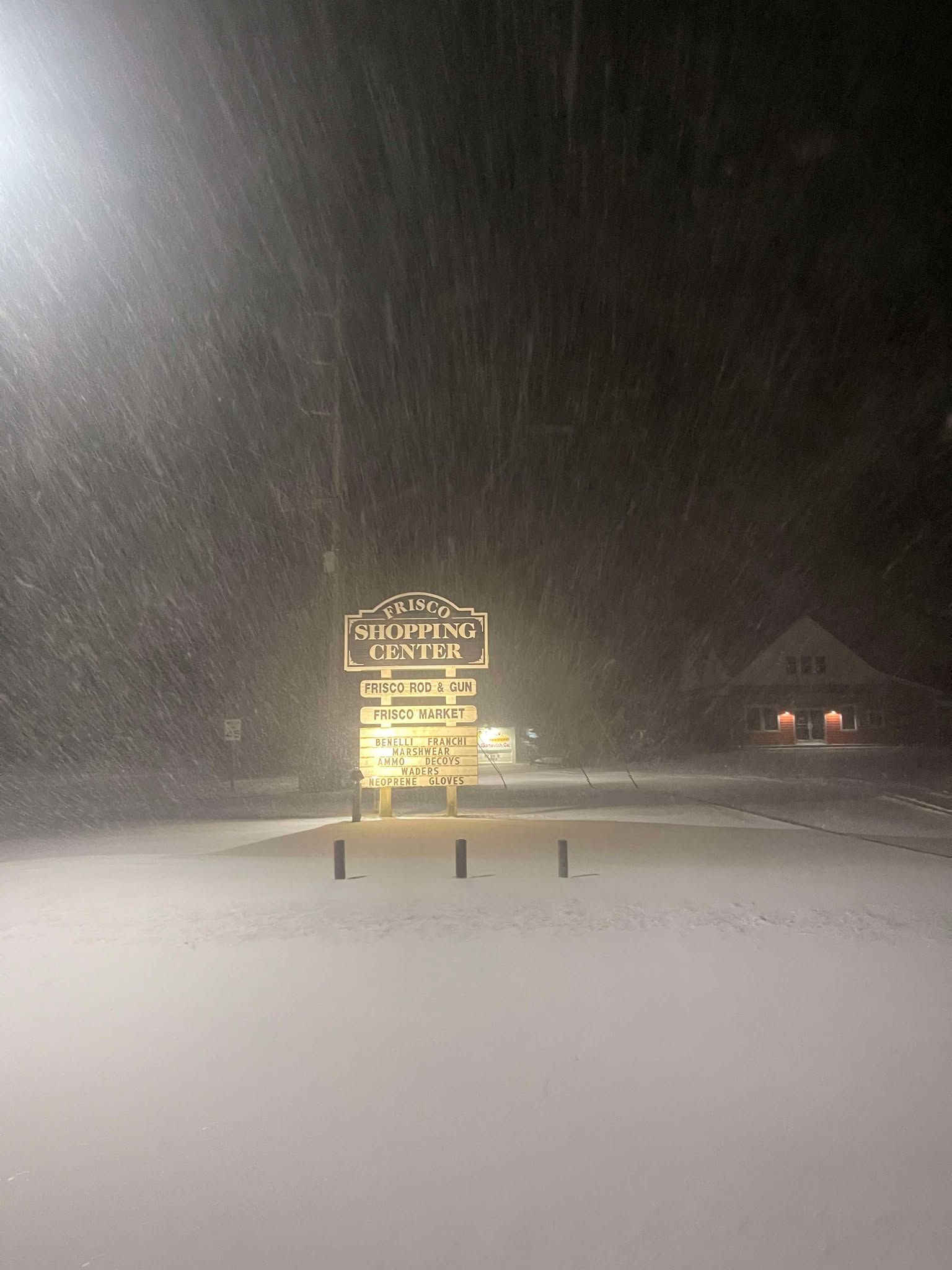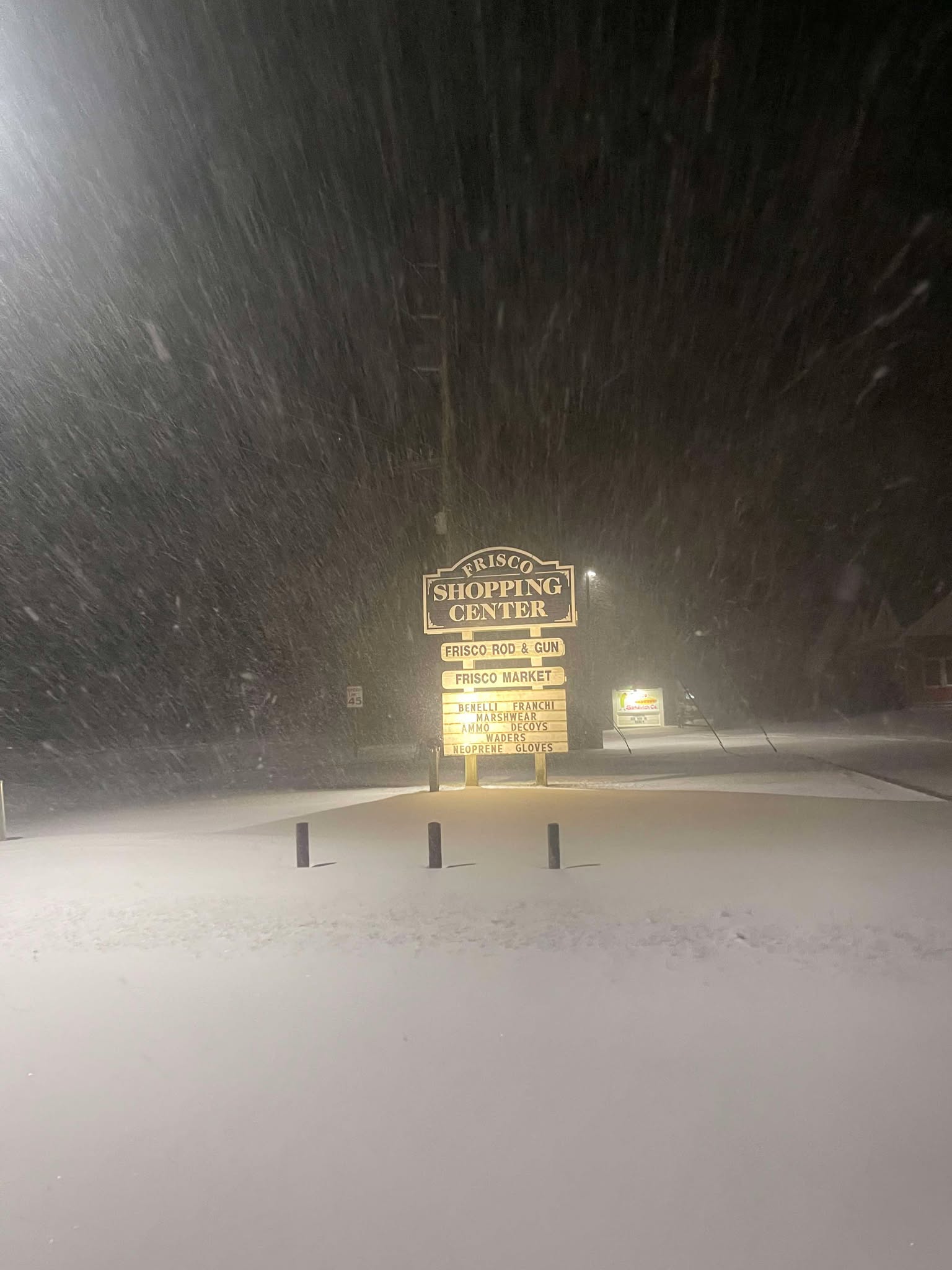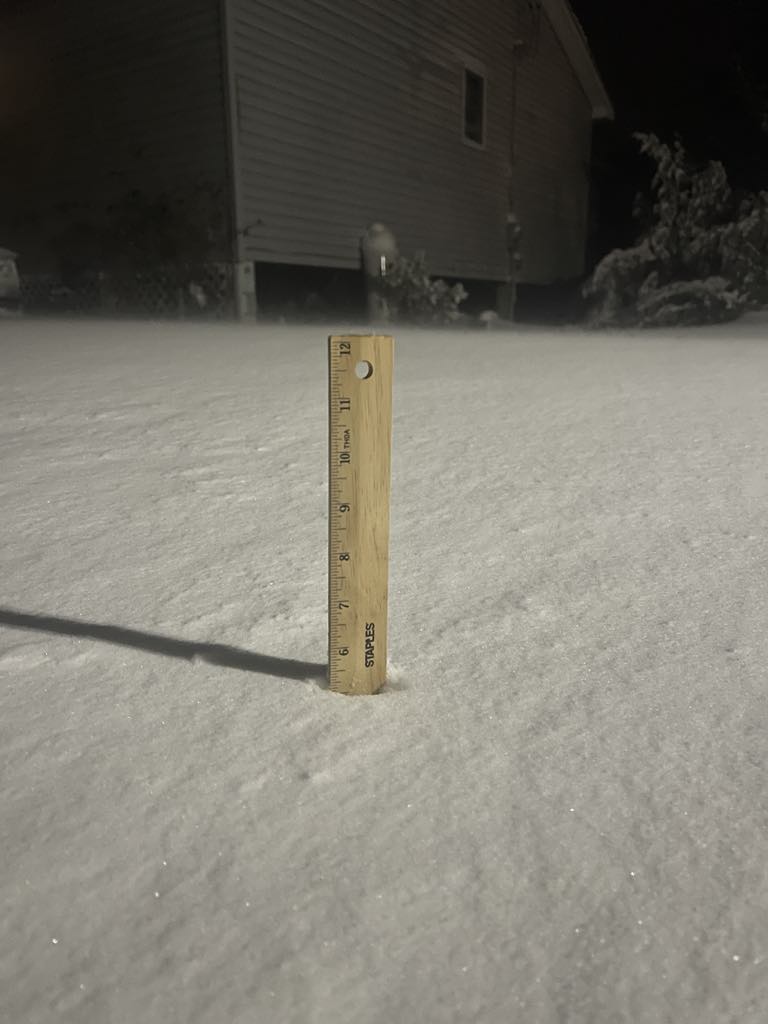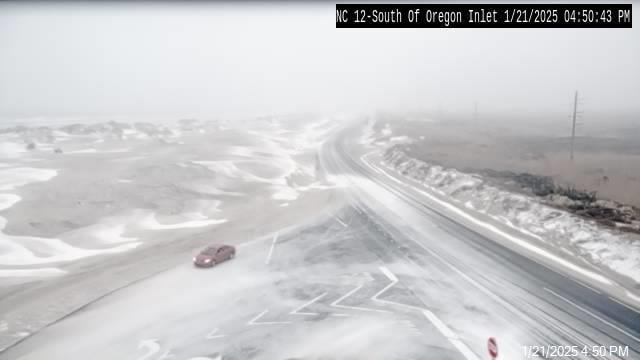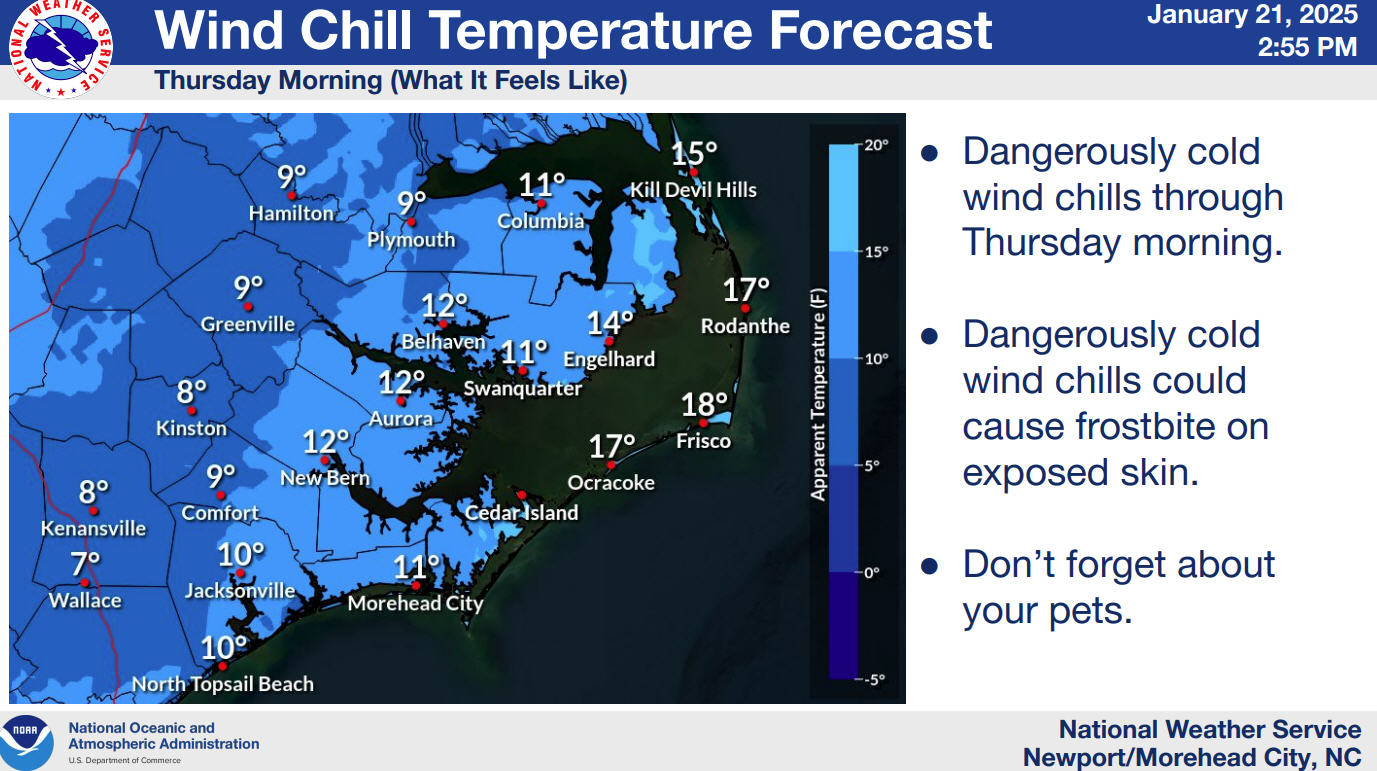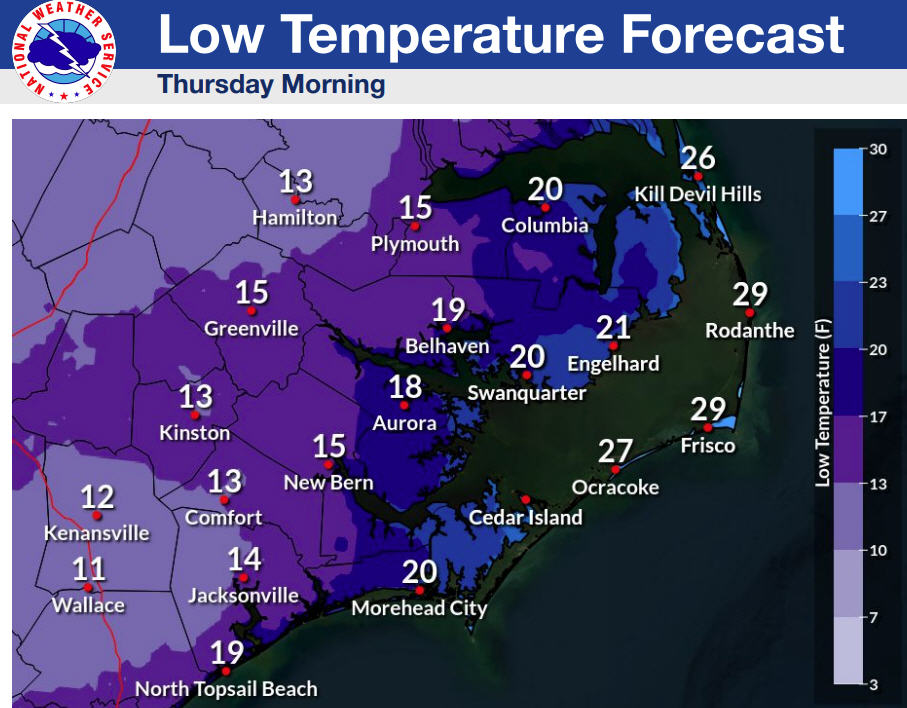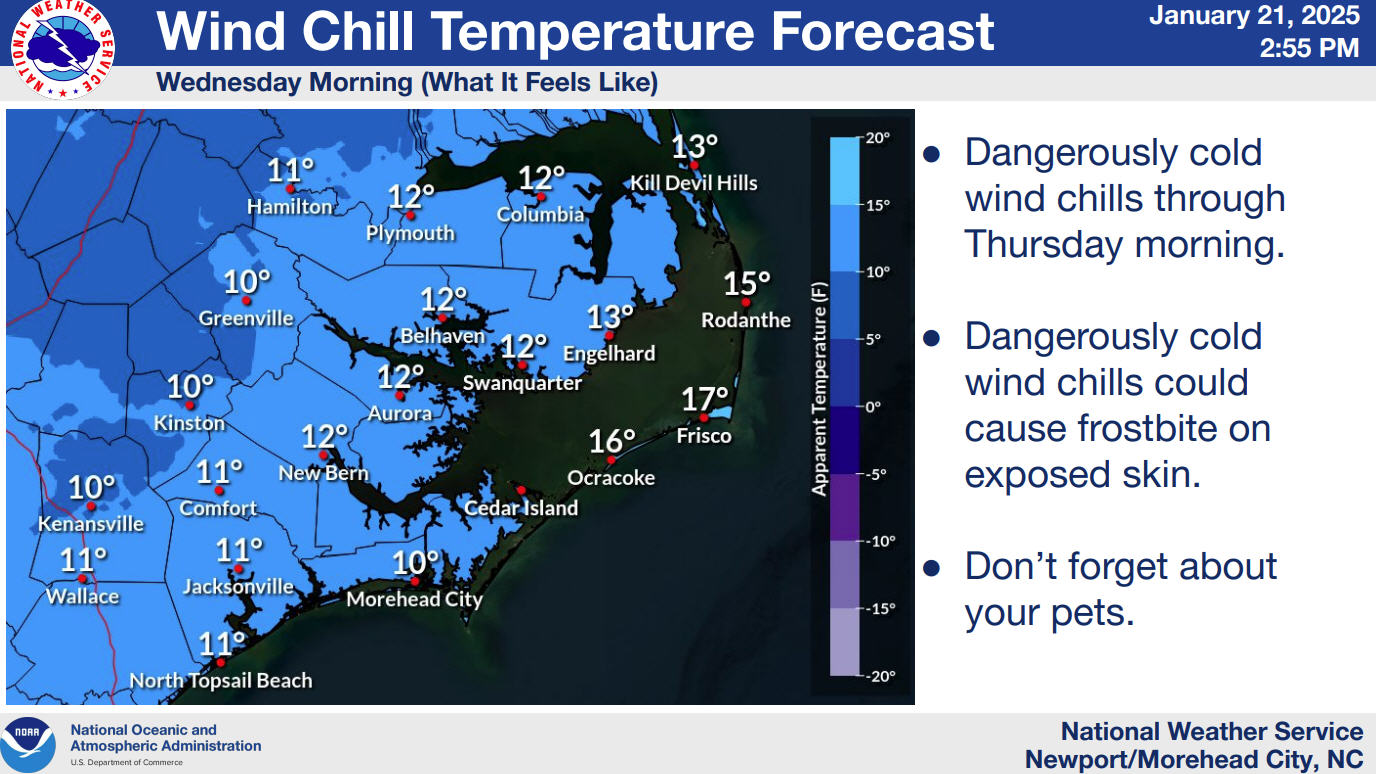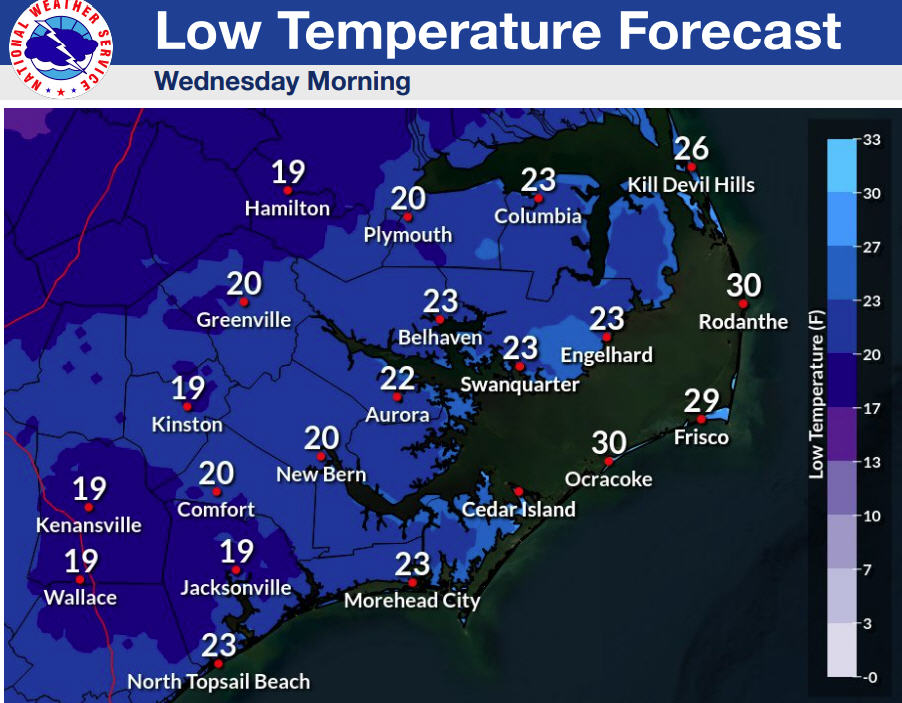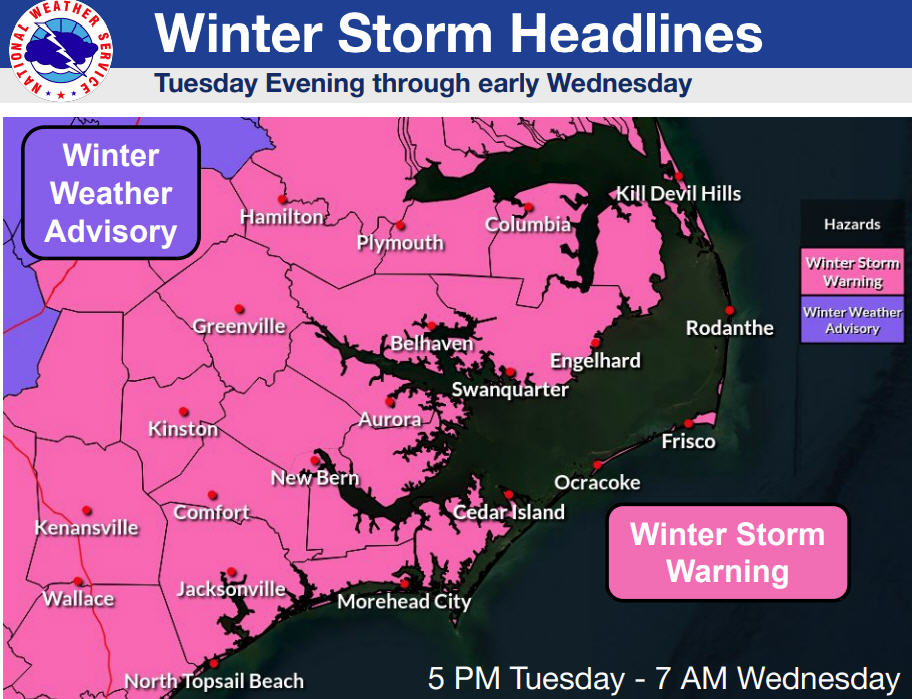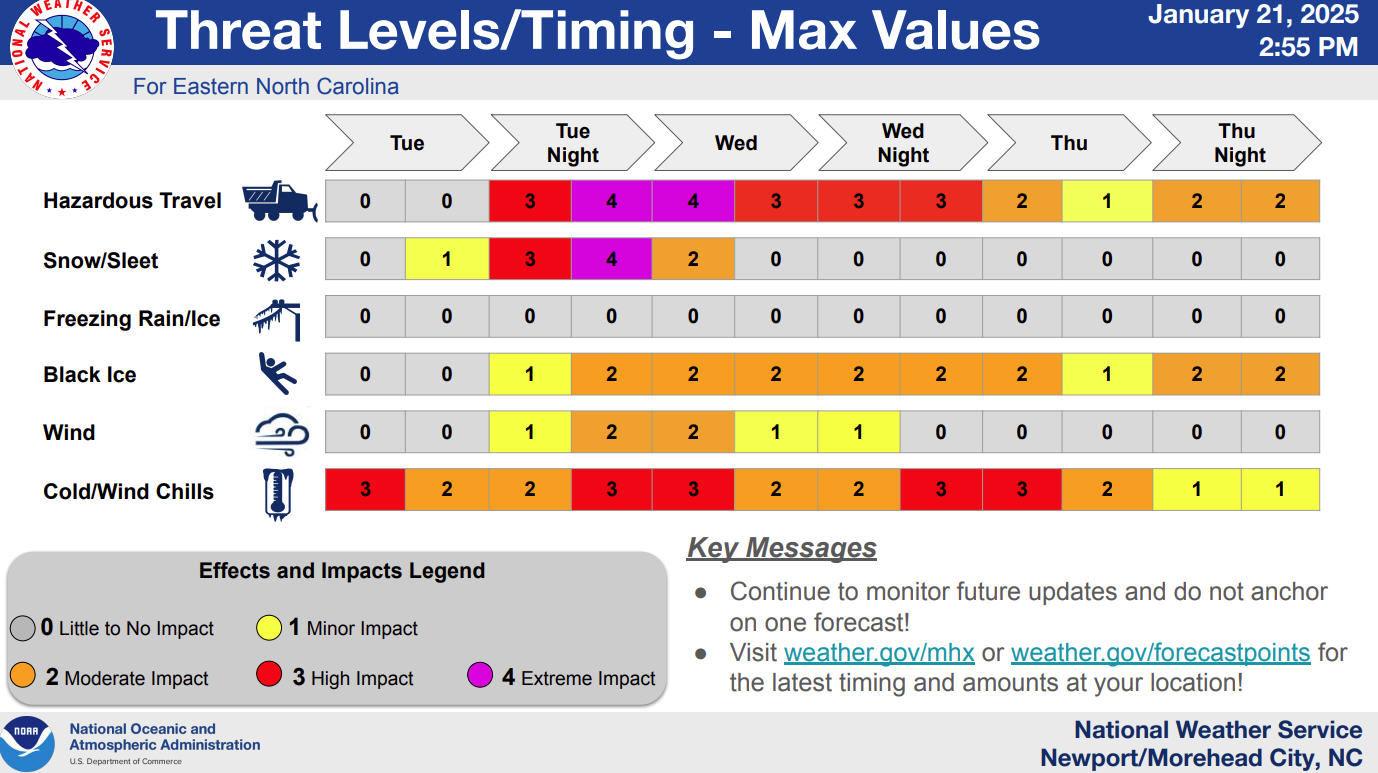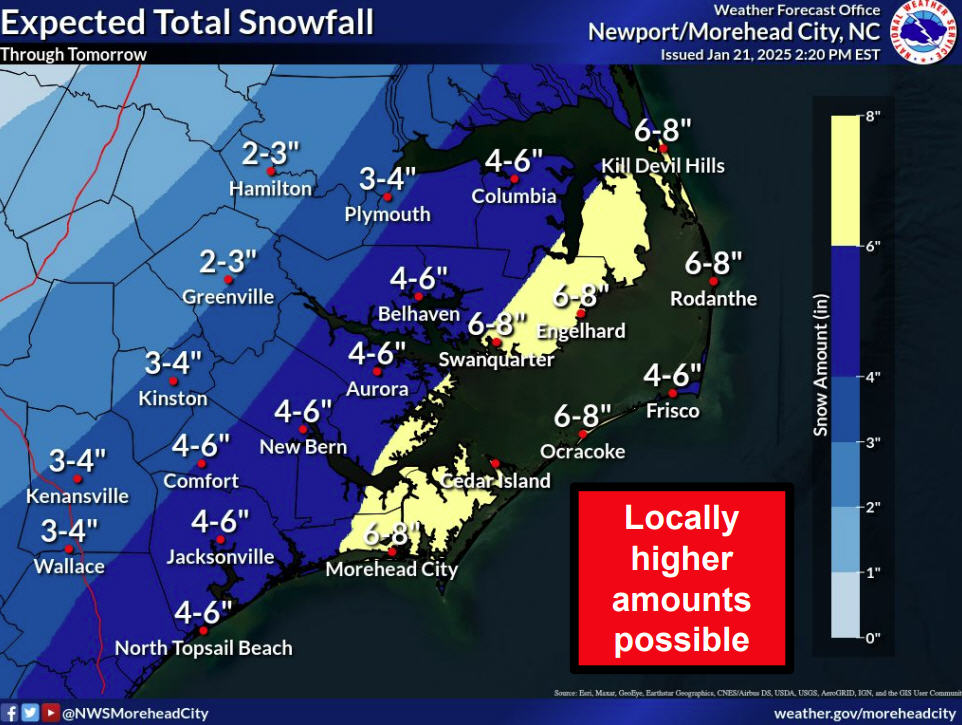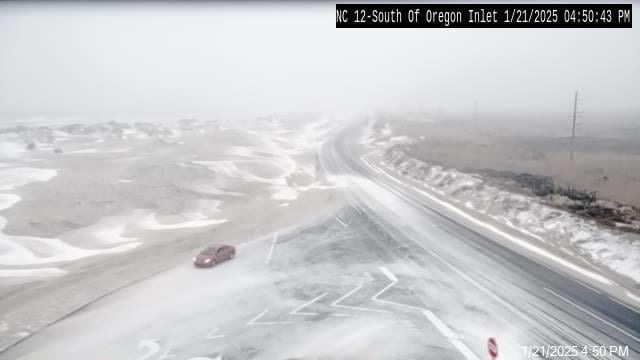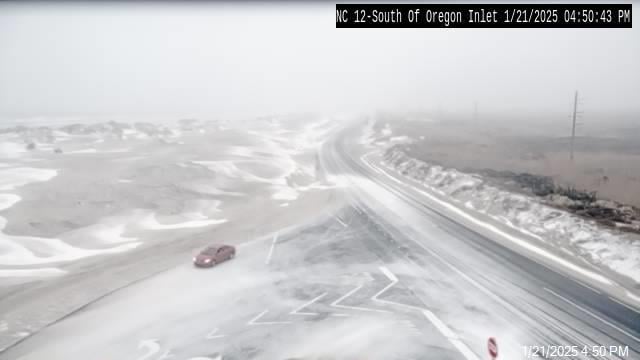Legislative Update: Hurry up and wait time in Raleigh
Legislators left Raleigh on July 2 and aren’t planning on returning to work until July 13, despite not having a budget.
Bills moving through the legislative process were tweaked, blasted, and, in some cases, embraced.
Senate Bill 299 removes public scrutiny by providing confidentiality to usage contracts between the state’s ports and users. The bill states: “A usage contract entered into between the Authority and a carrier is not a public record within the meaning of G.S. 132-1. For purposes of this section, the term ‘usage contract’ means a contract or agreement that contains terms and conditions involving terminal services related to maritime activities, including dockage, wharfage, cargo handling, storage, ro-ro service, transportation drayage, and other miscellaneous port services.” Rep. Paul Tine and Sen. Bill Cook voted for the bill.
The bill has passed both chambers and is now awaiting the governor’s signature.
While some stand-alone bills are prompting debate, the Senate version of the budget, House Bill 97, is drawing plenty of its own fire. While it was in the Senate, a long list of policy issues and other non-budget items were added into the bill.
One provision in the budget, if passed by both chambers and signed into law by the governor, would allow municipal service tax district residents to cause a referendum to be held to abolish a service tax district if 15 percent of the residents sign a petition requesting that the item be added to the ballot.
Sales tax redistribution, although still in a stand-alone bill, also has been tucked into the Senate version of the budget. Local governments from across the state who depend upon the revenues to fund services such as fire, police, and other line items in their budgets budget are expressing their dismay.
HB 168, Exempt Builders’ Inventory, if made into law would exempt homebuilders from paying property tax on some improvements to both residential and commercial property. The version passed in that chamber referred only to residential building, but the Senate amended the bill to add commercial improvements as well. According to the League of Municipalities, legislative staff estimates that if it becomes law, towns and cities could lose almost $65 million annually.
In reference to residential properties, the bill states: “Any increase in value of this classified property attributable to subdivision of, improvements other than buildings, or the construction of either a new single-family residence or a duplex on the property by the builder is excluded from taxation under this Subchapter as long as the builder continues to hold the property for sale. In no event shall this exclusion extend for more than three years from the time the improved property was first subject to being listed for taxation by the builder.”
Commercial properties are included with the following language: “For purposes of this subsection, “commercial real property” is real property that is intended to be sold and used for commercial purposes immediately or after improvement. Any increase in value of this classified property attributable to subdivision of or other improvements made to the property, by the builder, is excluded from taxation under this Subchapter as long as the builder continues to hold the property for sale. The exclusion authorized by this subsection ends at the earlier of the following: (1) Five years from the time the improved property was first subject to being listed for taxation by the builder. (2) Issuance of a building permit. (3) Sale of the property.
The N.C. Association of County Commissioners, fearing counties might be added to the bill, also are voicing their objections, which side with the municipalities. Rep. Tine and Sen. Cook voted for the bill.
HB 127, DOT Condemnation Changes, has been stopped from proceeding through the legislative process based on an unfavorable report from the Senate Transportation Committee. DOT and local governments use quick-take condemnation to move quickly on infrastructure projects, such as roads, water and sewer. The bill, if it had become law, would have allowed landowners to collect interest for the period of time a condemnation is filed until the court hands down a judgment and it is paid. The bill also would have allowed property owners in such cases to recover attorneys’ fees if the judgment exceeds the deposit by 25 percent or more.
HB 255, Building Code Reg Reform, is now awaiting the governor’s signature to become law. The new law will bring major changes in how and when inspections are to be performed. Cities and counties objected to the vagueness in some of the provisions. Rep. Tine and Sen. Cook voted for the bill.
Another topic that has found its way into multiple bills is local government authority to choose piping material for water, wastewater and stormwater projects. That issue is in SB 397, and now also in HB 765, Regulatory Reform Act of 2015.
The Regulatory Reform Act of 2015 was amended several times this week in response to objections from environmental regulators and local governments. One of the amendments removed a provision that, if left in and signed into law, would have prohibited local governments from enacting stormwater rules that were more stringent that those required by the state.
The bill significantly weakens environmental regulations, such as reducing buffers along streams and rivers and reducing water quality testing.
After several amendments to the bill in response to concerns expressed by the Department of Environment and Natural Resources, the bill is now headed back to the House for a concurrence vote. Rep. Tine and Sen. Cook voted for the bill.
HB 201, Zoning Changes/Citizen Input, has approved repealing statutes that allow zoning protest petitions. The Senate amended the House version that would have allowed input from adjacent property owners. The bill now goes back to the House for consideration of concurrence. Rep. Tine and Sen. Cook voted for the bill.
(Sandy Semans is a retired newspaper editor and reporter who now works as a free-lance writer. She lives in Stumpy Point. Her update on the goings-on in this session of the General Assembly will appear weekly in The Island Free Press, usually on Friday.)
PREVIOUSLY PUBLISHED 2015 LEGISLATIVE UPDATES
First bill filed would prohibit condemning property for economic development
Legislative Update: And they are off — sort of
Legislative Update: The gold rush in Raleigh is underway
Legislative Update Most Bills Moving At Snails Pace But One Achieves Warp Speed
Legislative Update: Humor unleashed in the General Assembly
Legislative Update: Lawmakers made hay while the sun was shining
Legislative Update: Bill on dredging causes local turmoil
Legislative Update: 156 new bills filed this week
Legislative Update: Lawmakers keeping busy in Raleigh
Legislative Update: It was raining bills all week
Legislative Update: Bill on dredging causes local turmoil
Legislative Update: Occupancy tax provision is out of dredging bill
Legislative Update: Lawmakers take aim at N.C. Constitution
Legislative Update: More taxes and Constitutional amendments proposed
Legislative Update: Lawmakers racing the clock to get bills moved
Legislative Update: Rushing to meet the ‘crossover’ deadline
Legislative Update: A week of committee work in Raleigh
Legislative update: New taxes for fishermen and new purpose for occupancy taxes
Legislative Update: Bill aims at opportunities for Oregon Inlet Lifesaving Station
Legislative Update: Two days, two vetoes
Legislative Update: Sales tax redistribution bill gets more traction
Legislative update: Sales tax redistribution is back, will still hurt Dare
Legislative Update: Senate passes its version of state budget
Legislative Update: Budget conference committee faces challenges




